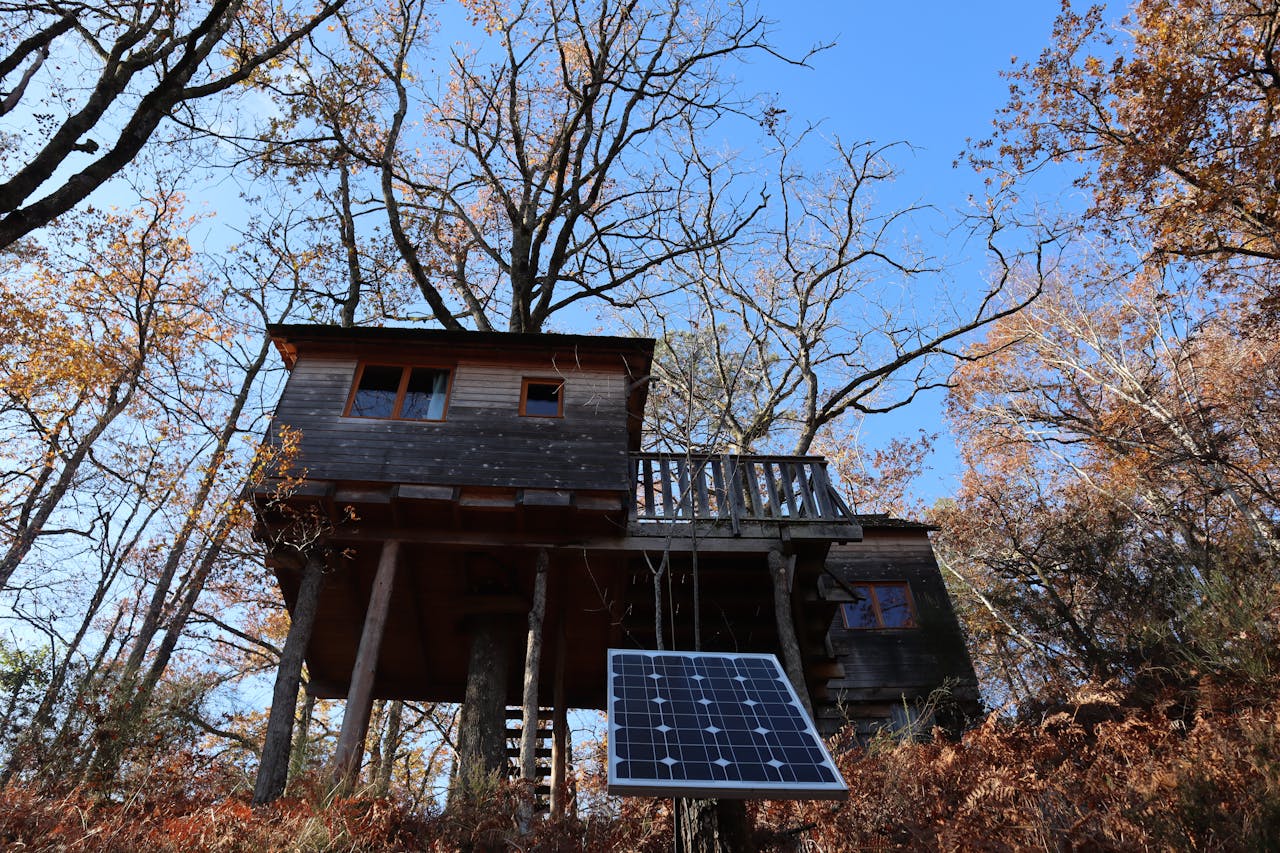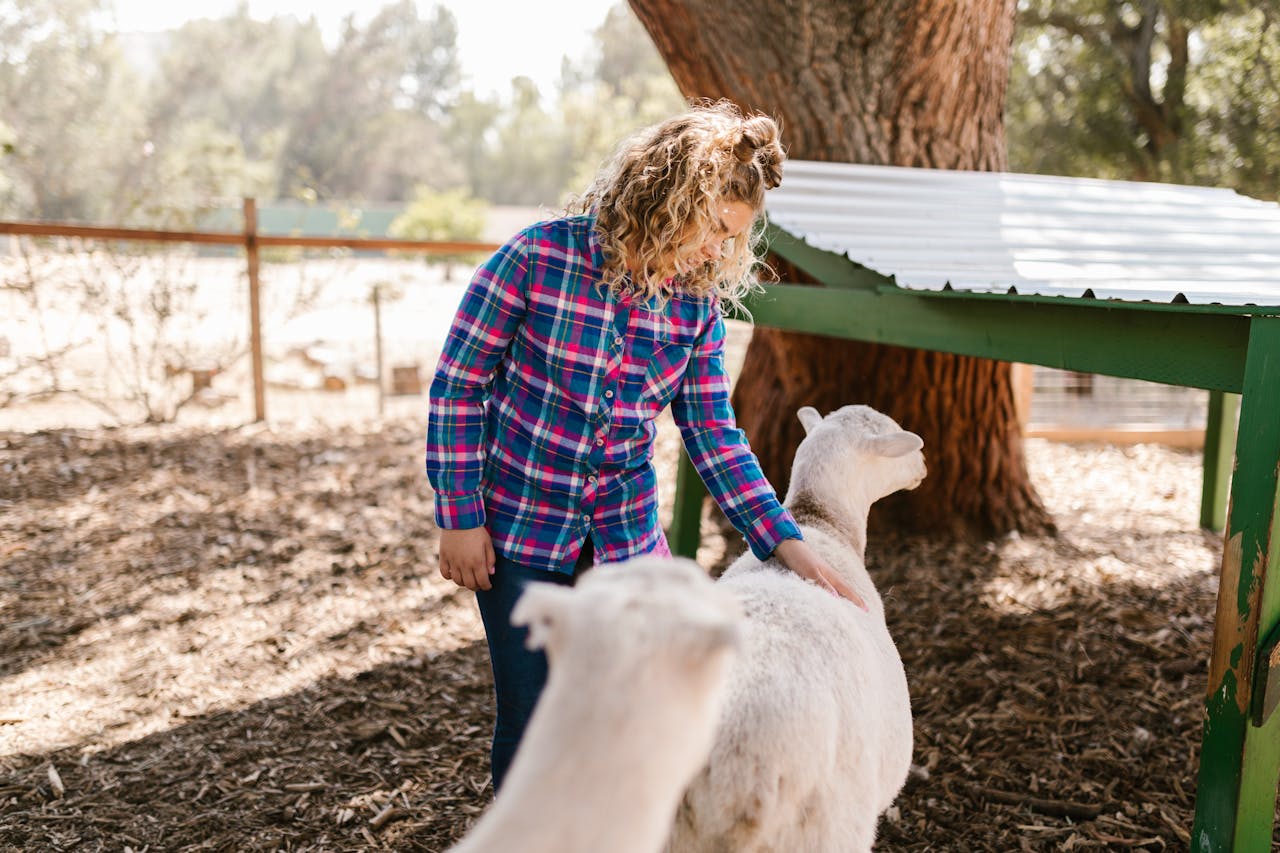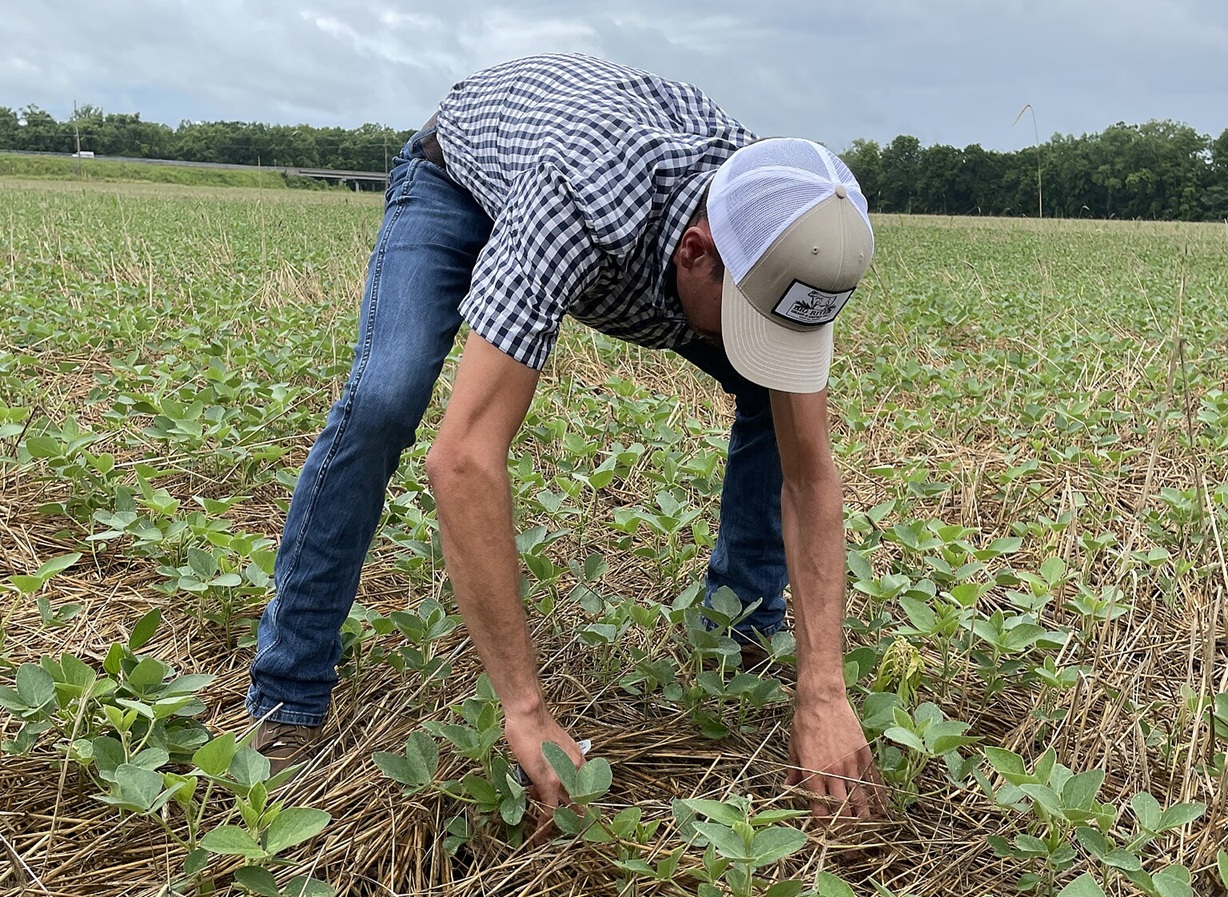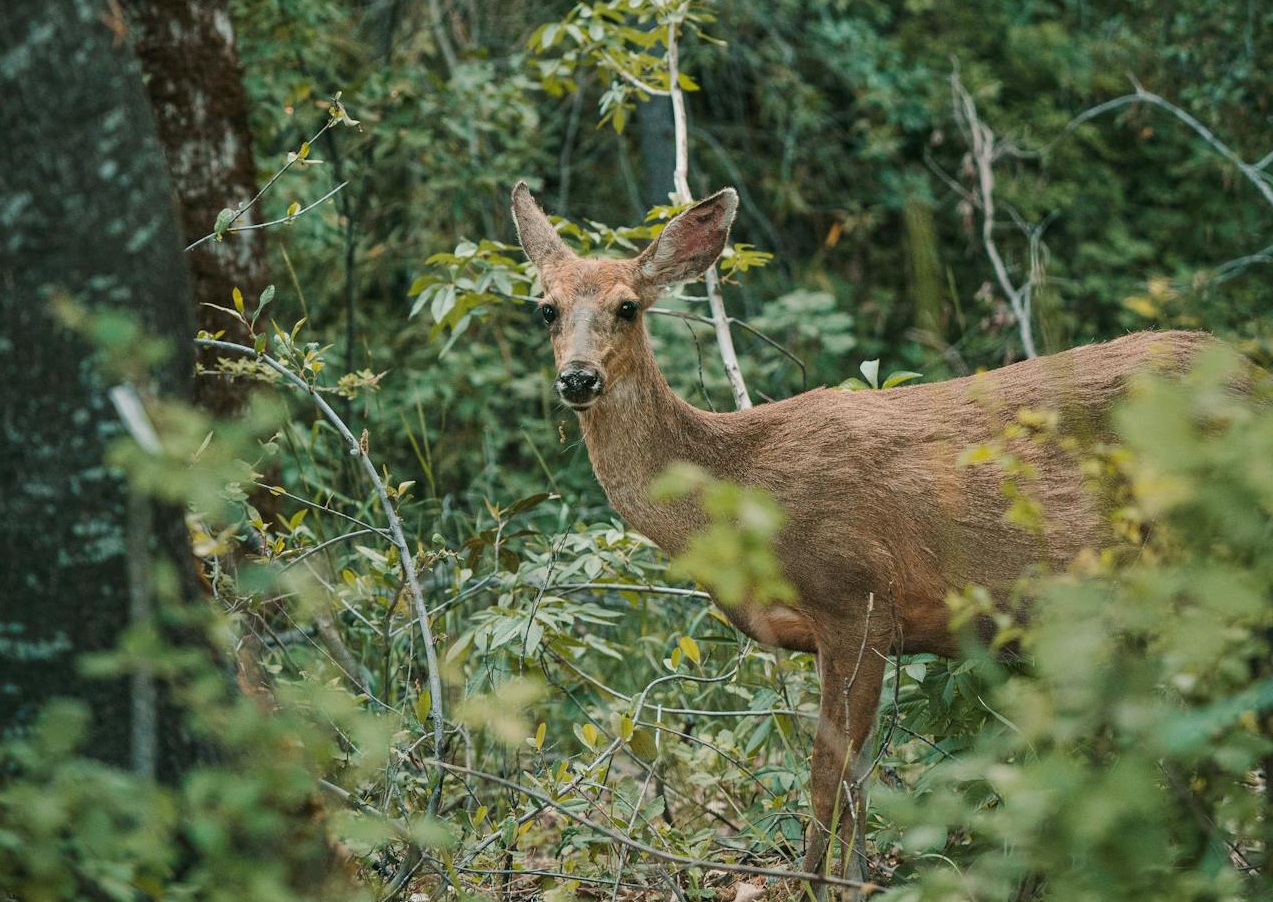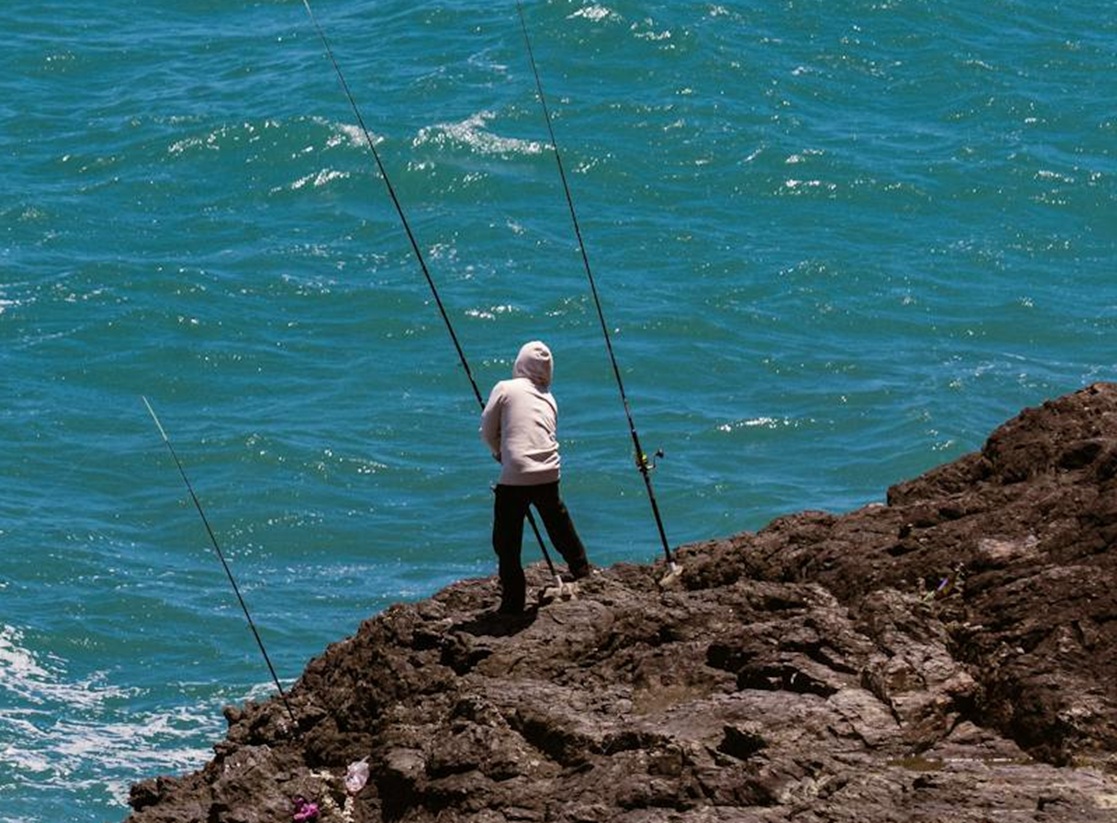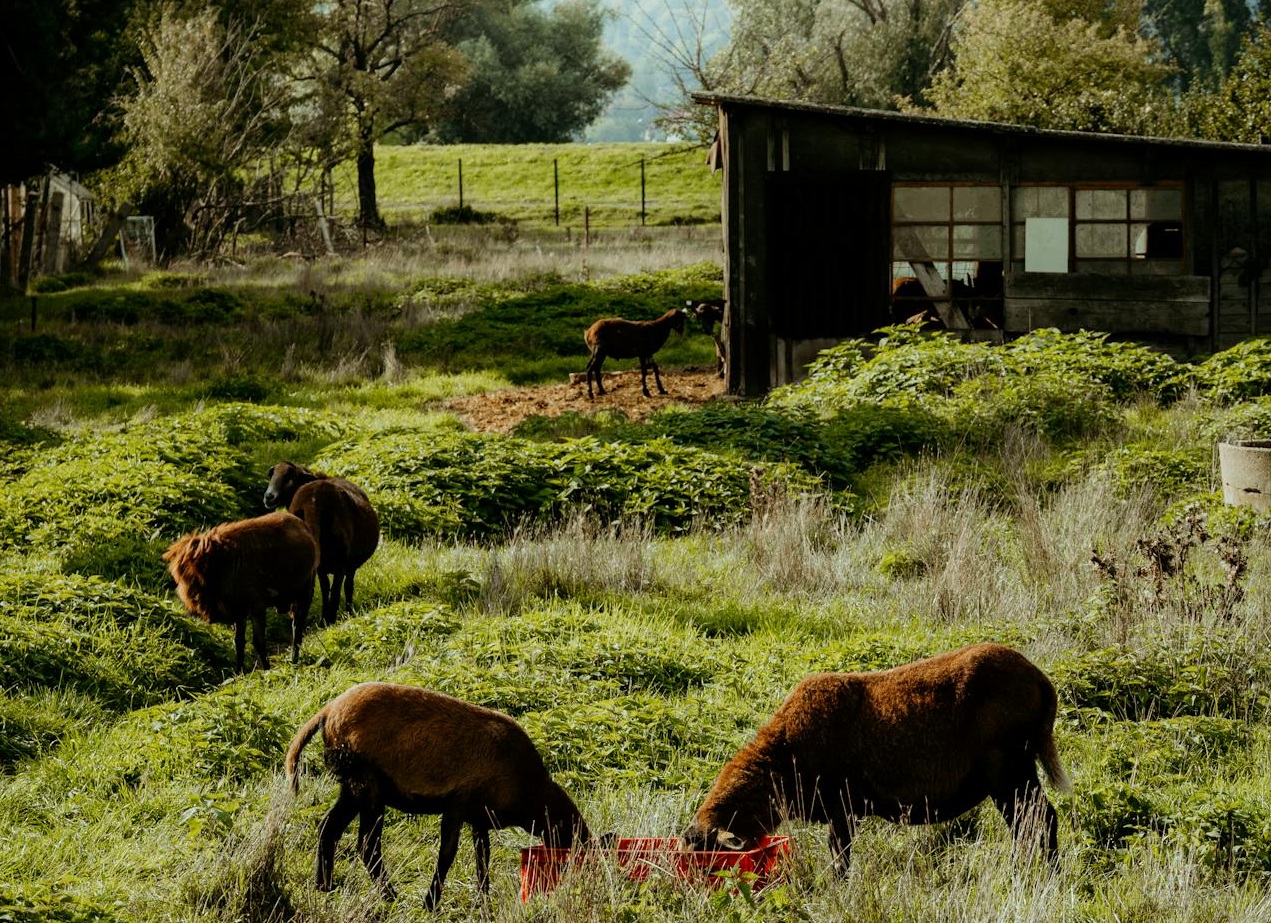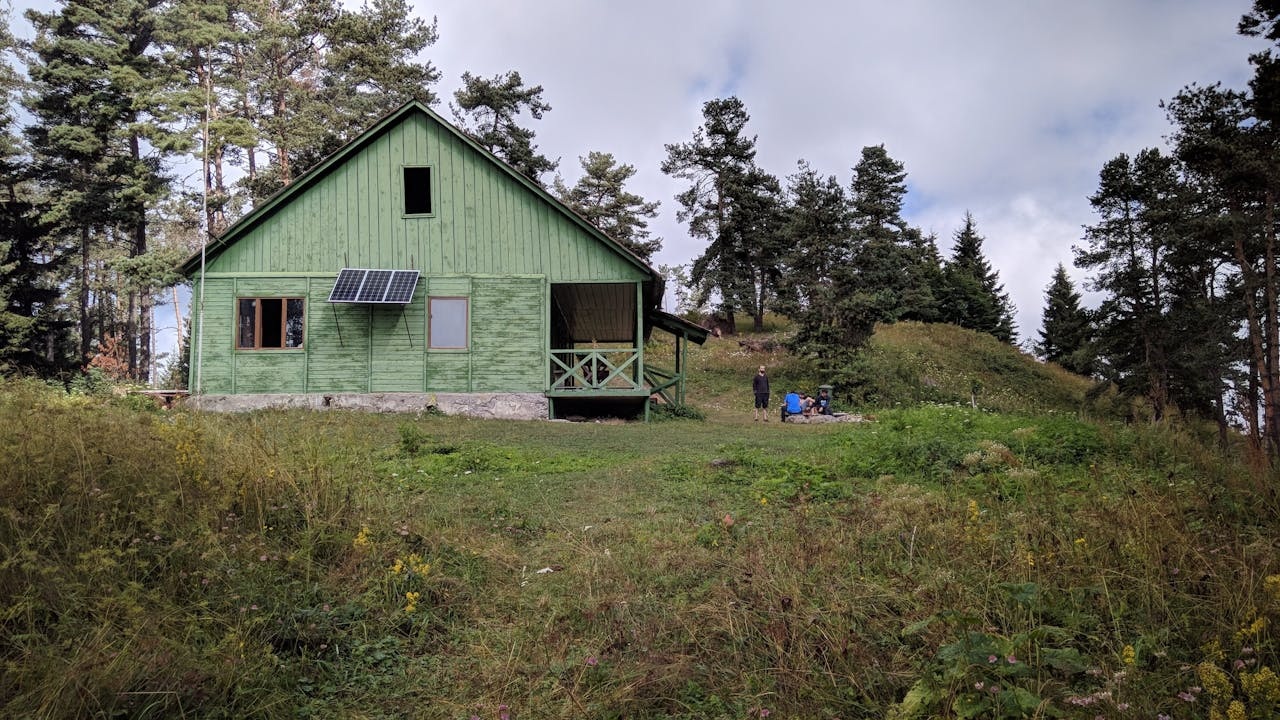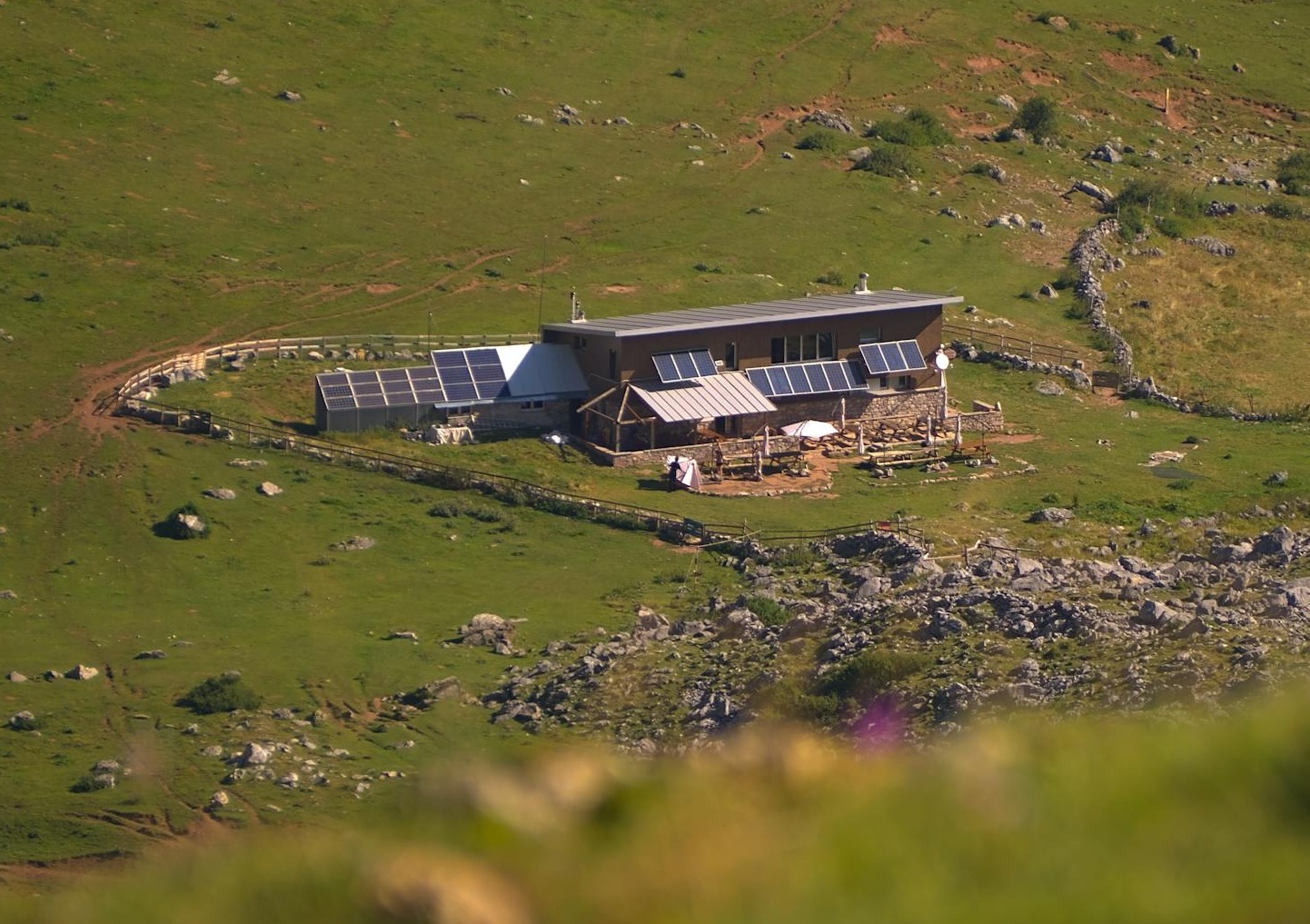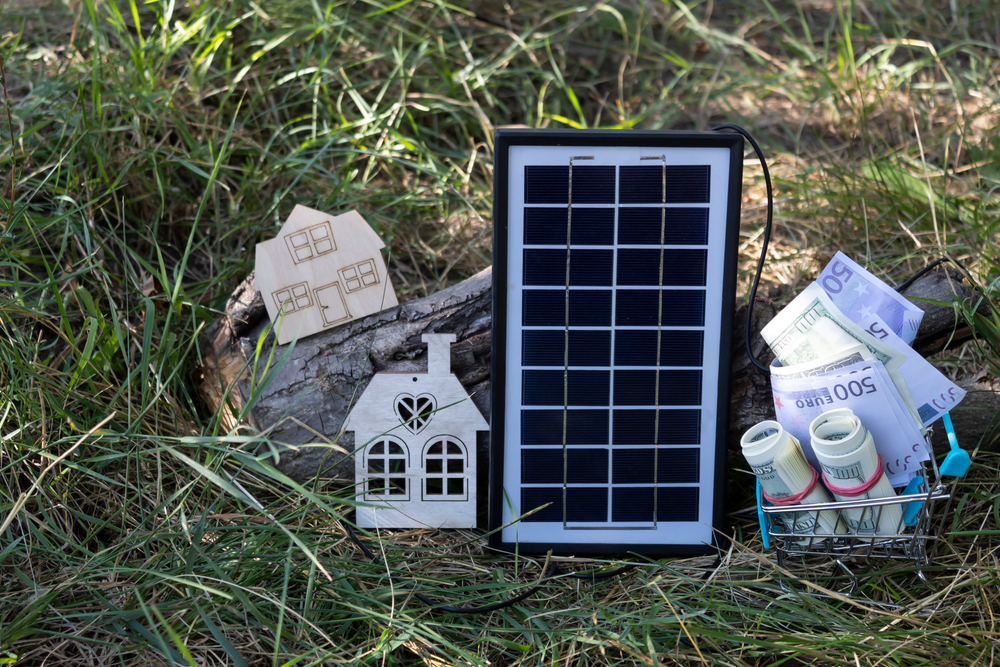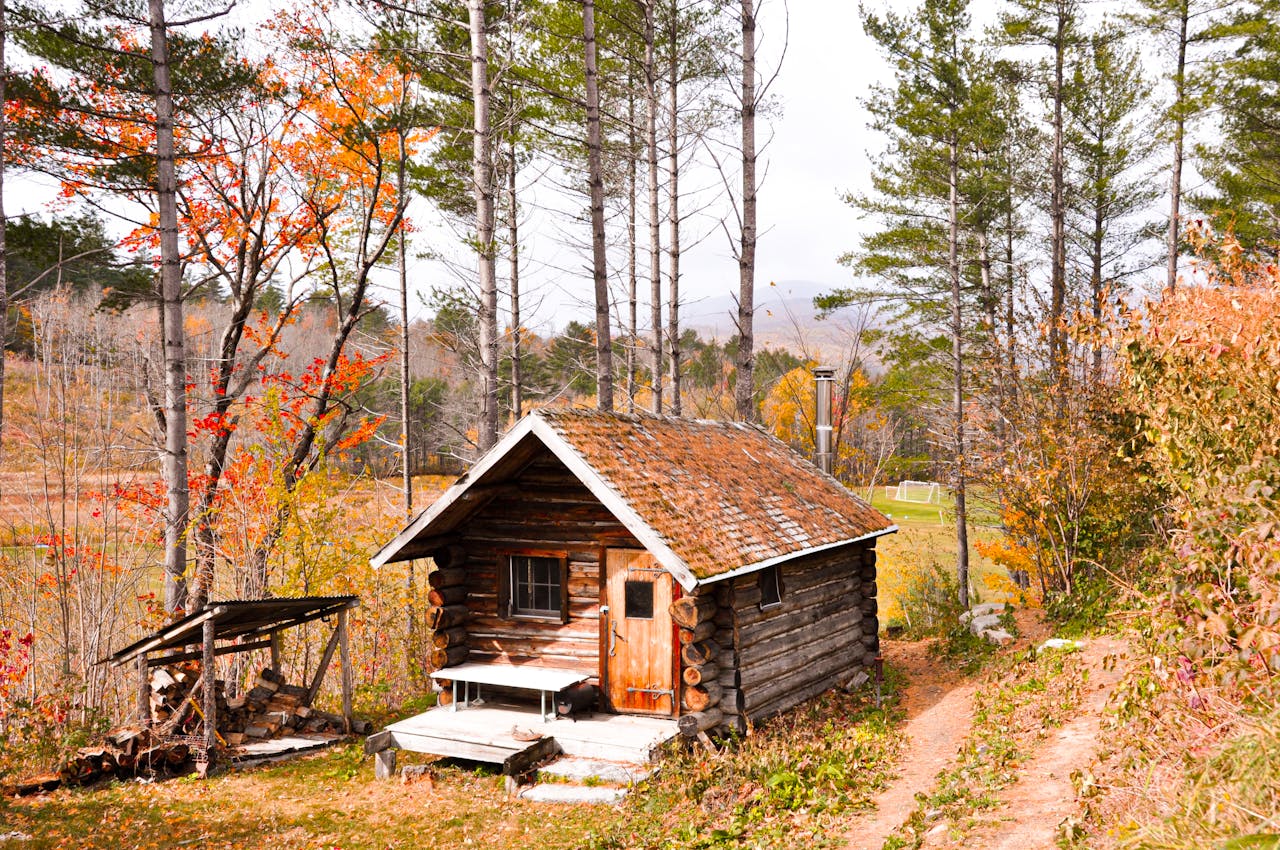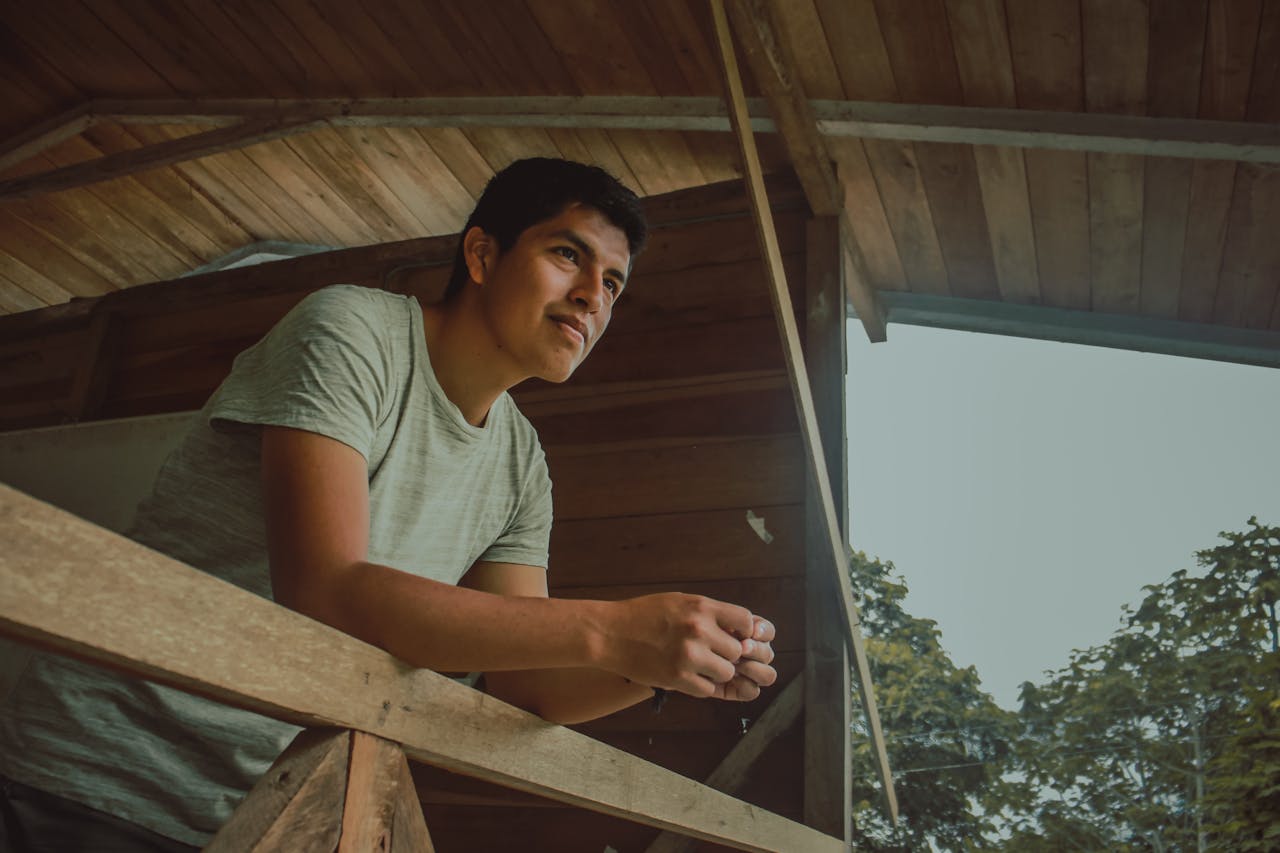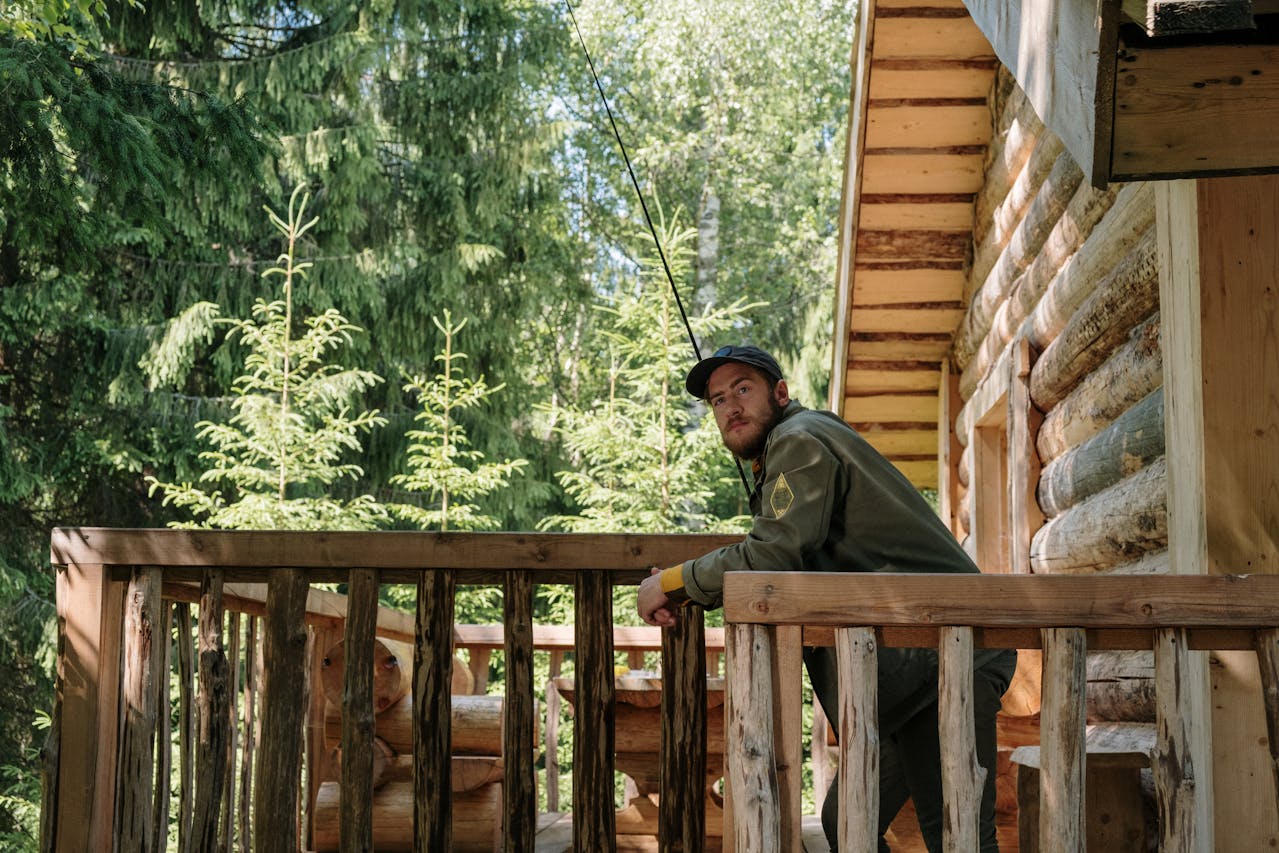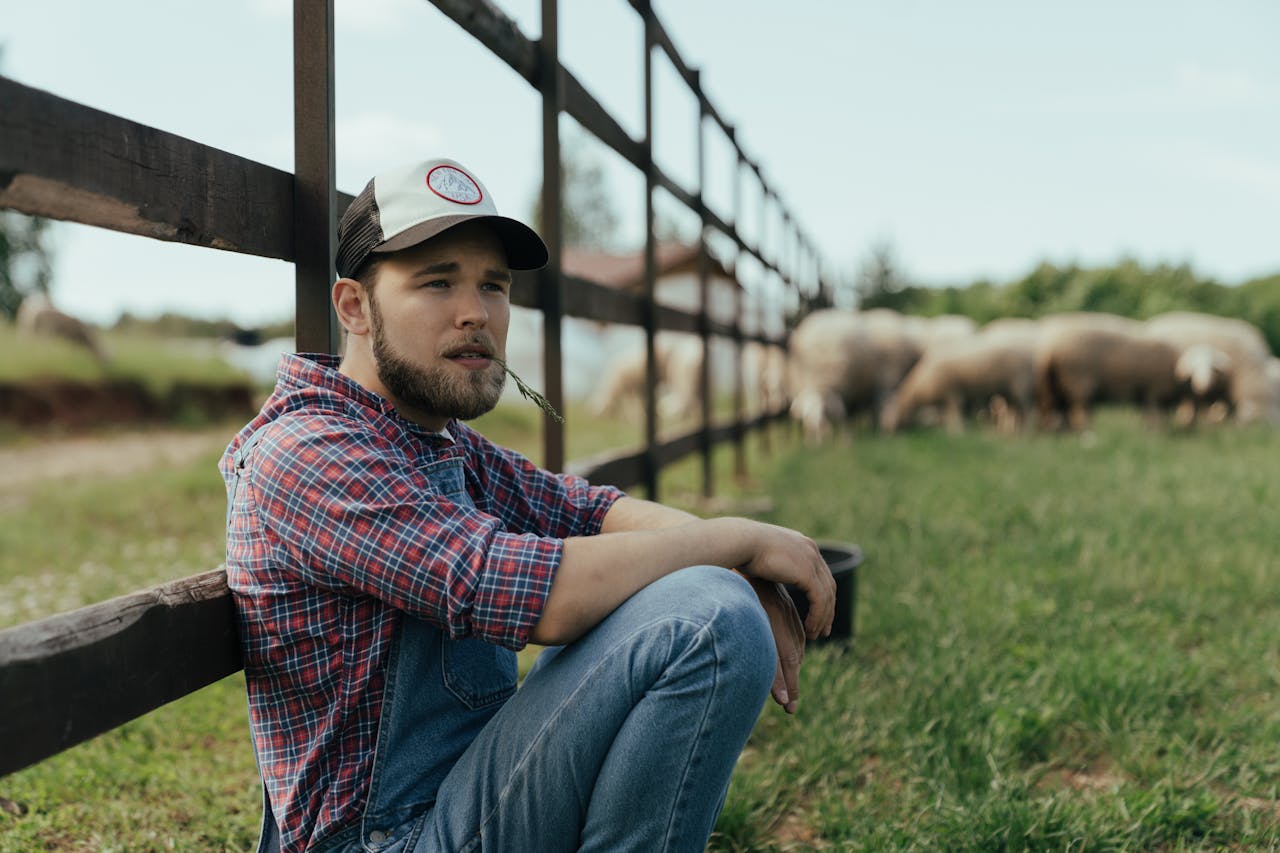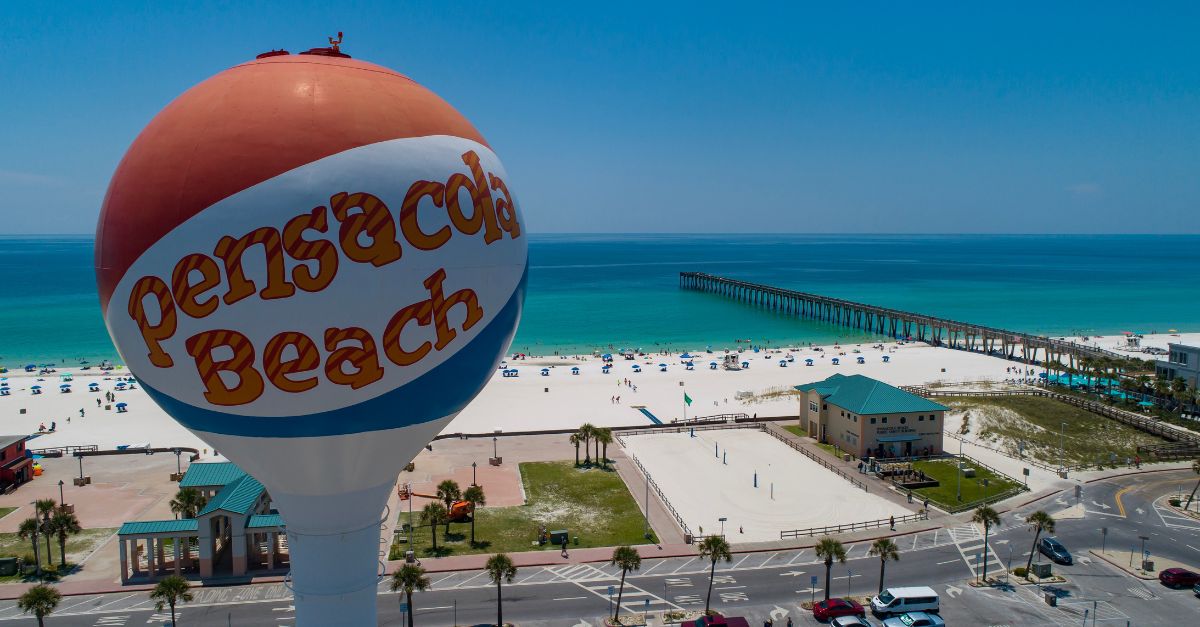Where To Live Off-Grid In The US
Living off-grid refers to a self-sufficient lifestyle that doesn’t rely on public utilities, particularly the national grid. People who live off-grid generate their own power, manage waste, source water, and grow their own food.
And while it may sound easy, there is a lot that goes into this lifestyle, and not every state offers the same abundance of natural resources. For example, states like Colorado don't allow the collection of rainwater. In fact, some states don’t allow off-grid living at all.
Here are 10 of the best states to live off-grid—and five of the worst.
Alabama
Alabama is one of the best states in the US to live off-grid. First, the weather in Alabama is more on the mild side, and the state typically has about 213 sunny days each year, making it perfect for solar energy use—a reliable renewable energy source that is ideal for the off-grid lifestyle.
But that’s not all Alabama is good for.
Alabama
Alabama also boasts over 77,000 miles of rivers and streams, plus a whopping 41 lakes and reservoirs—which is great for creating a sustainable water system.
And, unlike some other states (like Colorado, for example) rainwater collection is allowed in Alabama, which means there’s plenty of naturally sourced water available to feed your crops without depending on city water.
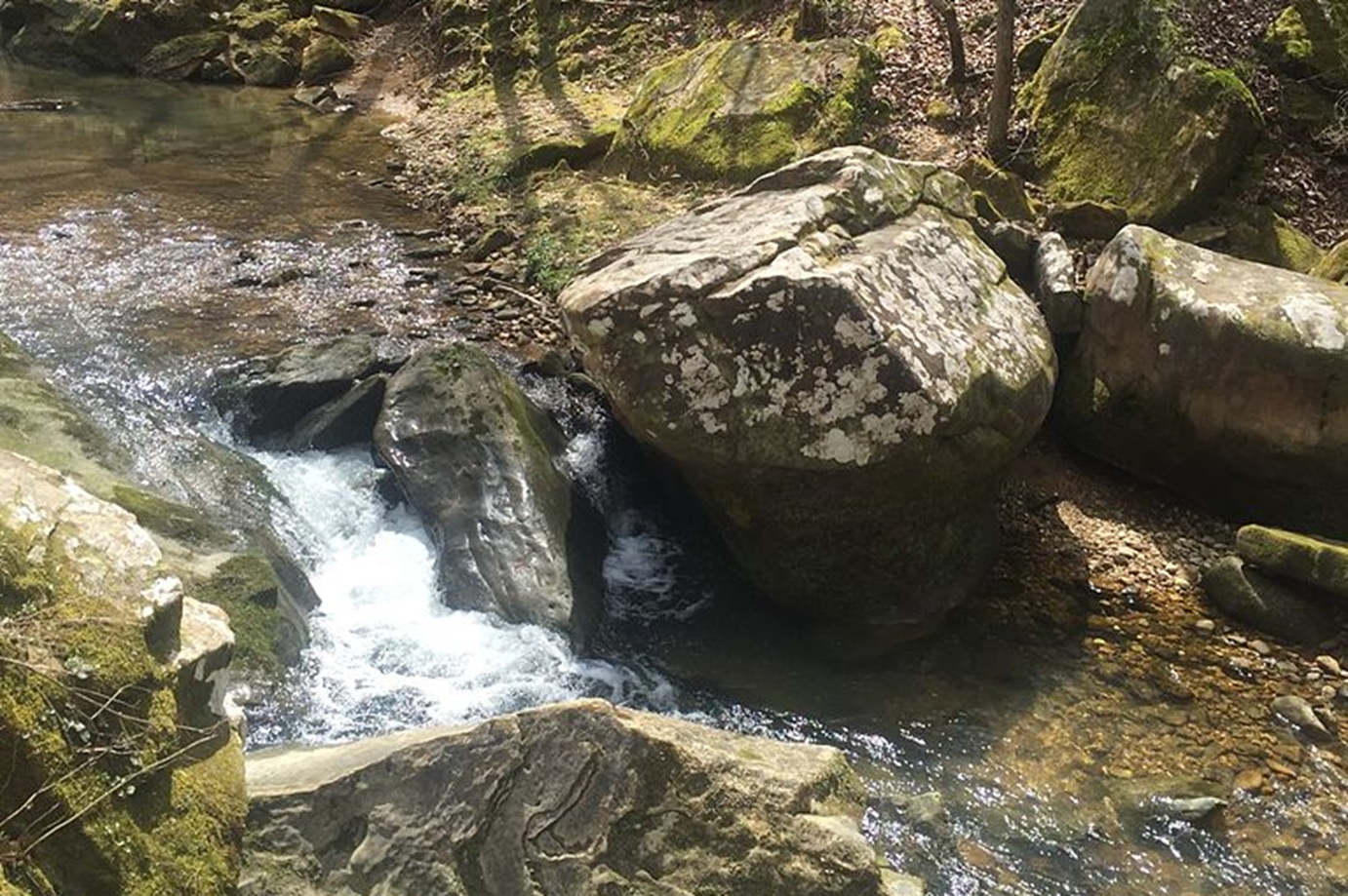 Lahti213, CC BY-SA 4.0, Wikimedia Commons
Lahti213, CC BY-SA 4.0, Wikimedia Commons
Alabama
Lastly, Alabama’s cost of living index is 89.3, which is well below the national average. This means that buying land or buying a house is more affordable here than many other states. There is also an abundance of undeveloped land available.
Missouri
Another great choice for off-grid living is Missouri, which offers a moderate four-season climate, perfect for crop cultivation and animal husbandry. The state gets an average of 42 inches of rain per year, providing ample rainwater for collection and use.
Missouri
The state of Missouri makes it easy for people to live off-grid. Not only is the state renowned for its affordable land prices, but there is also a lack of restrictive building codes—which makes constructing your homestead so much easier.
The cost of living index in Missouri is also low, sitting at 87.1.
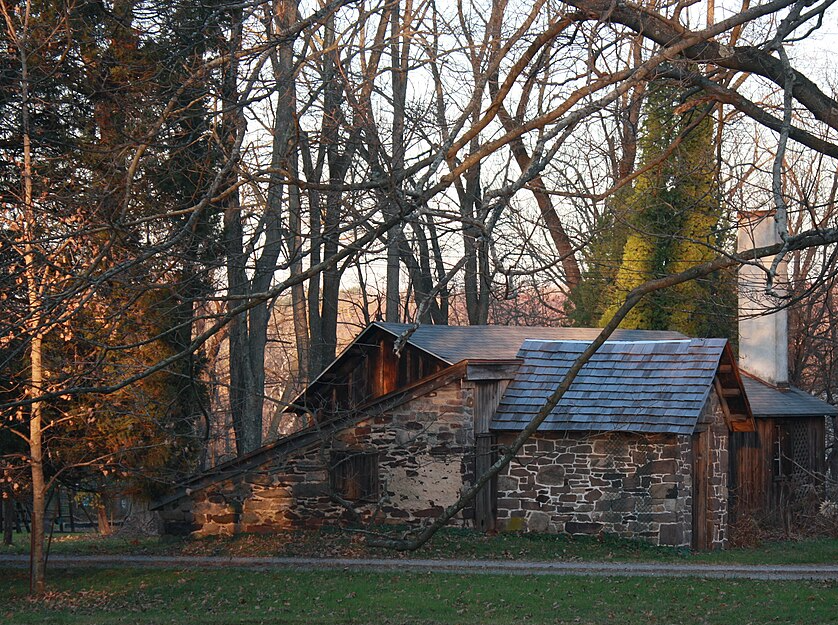 Shuvaev, CC BY-SA 3.0, Wikimedia Commons
Shuvaev, CC BY-SA 3.0, Wikimedia Commons
Missouri
The land in Missouri is rich in natural resources, including rivers, streams, forests, and an abundance of fertile land. In fact, because of this, Missouri is already a hot spot for off-grid living. One particular community that thrives off the land here is Dancing Rabbit Ecovillage.
Georgia
The moderate climate in Georgia makes it another top choice for off-grid living. The state averages about 217 sunny days per year, making it suitable for solar power. In fact, Georgia also has solar incentives available to homeowners, encouraging them to source their power off-grid.
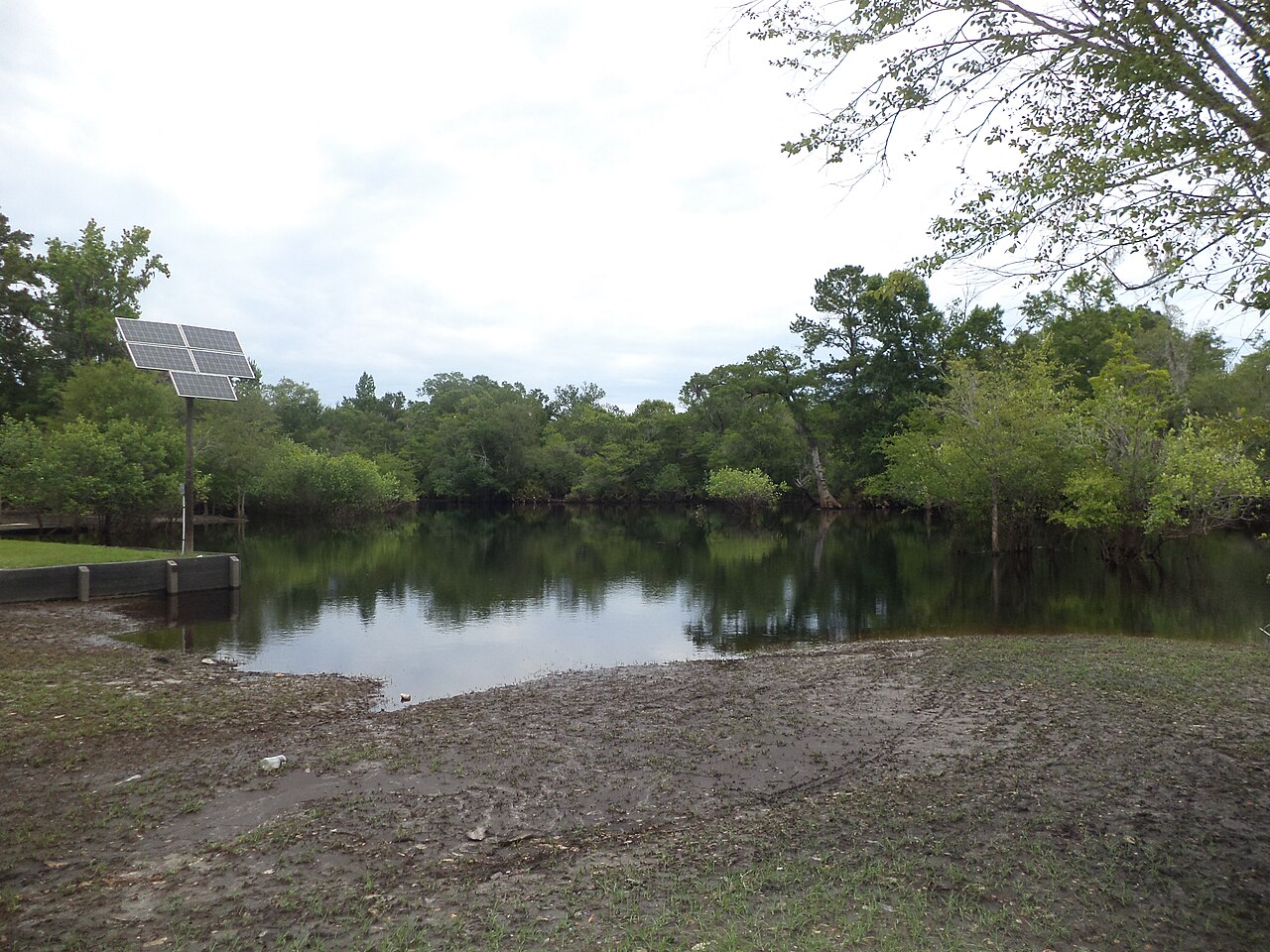 Michael Rivera, CC BY-SA 3.0, Wikimedia Commons
Michael Rivera, CC BY-SA 3.0, Wikimedia Commons
Georgia
The beautiful, diverse landscape in Georgia is probably one of the best reasons to choose to live off-grid here. There is plenty of land suitable for farming and livestock. And, just like the solar incentives, Georgia also has a Homestead Exemption program, which offers a significant tax break to residents who use their land for agricultural purposes—which is easy to do given the plenty of natural resources available across the entire state.
 Jeffrey Hatcher, CC BY-SA 3.0, Wikimedia Commons
Jeffrey Hatcher, CC BY-SA 3.0, Wikimedia Commons
Georgia
In relation to natural resources, Georgia is also excellent for hunting, as there is an array of wildlife across its vast lands. With a suitable climate, an abundance of natural resources, plus the state’s incentive programs—off-grid living in Georgia is easy to accomplish.
Tennessee
Tennessee, as you may know, is famous for its beautiful scenery. But its beauty is thanks to the 50 inches of rain it sees each year—which also makes it great for rainwater collection. On the same note, Tennessee's climate is moderate, with hot summers and mild winters, which is helpful in crop cultivation.
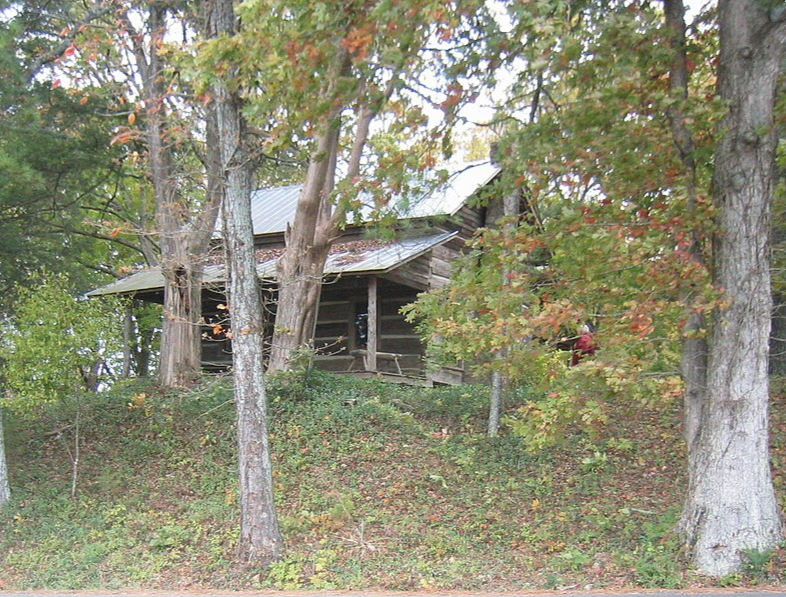 National Trails Office, Wikimedia Commons
National Trails Office, Wikimedia Commons
Tennessee
Tennessee’s picturesque countryside is also rich in natural resources, such as timber, water, and fertile soil. Homesteaders can easily live off the land here, and grow a variety of crops quite easily.
But it’s not just the natural resources that make Tennessee a prime spot for off-grid living.
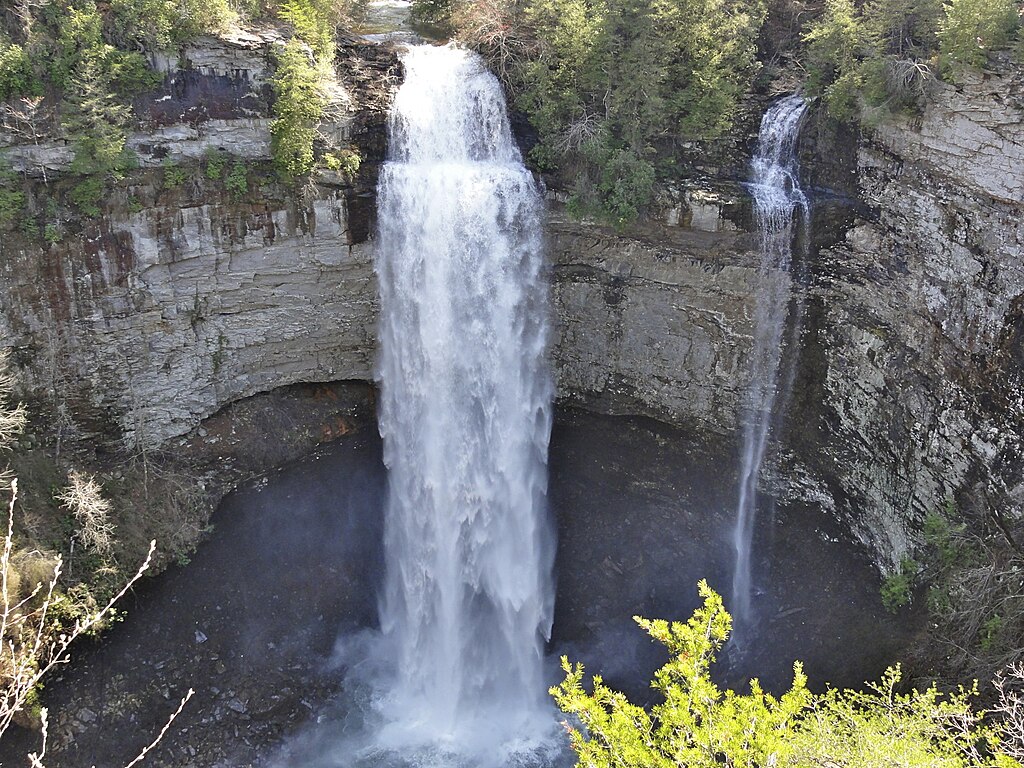 Jsfouche, CC BY-SA 3.0 , Wikimedia Commons
Jsfouche, CC BY-SA 3.0 , Wikimedia Commons
Tennessee
The state of Tennessee has very relaxed regulations when it comes to homesteading—including on public land. Individuals have opportunities to work and live on government-owned land, for free—gaining access to large plots of land and an abundance of resources.
The state also has the Freedom to Farm Act, and has several off-grid communities already thriving within its borders—such as The Farm, a community that has been living off the land since the 1970s.
 LMUBill., CC BY-SA 3.0 Wikimedia Commons
LMUBill., CC BY-SA 3.0 Wikimedia Commons
Texas
Texas is the second largest state in the United States, and although the landscape and climate varies across the state, that only means it offers a wide range of off-grid living options—from desert to coastal.
 William L. Farr, CC BY-SA 4.0, Wikimedia Commons
William L. Farr, CC BY-SA 4.0, Wikimedia Commons
Texas
The warm, sunny climate in Texas proves excellent for solar energy. But in addition to diverse land options, buying a plot to build your home on is also more affordable in Texas—and there’s lots of it. There are also fewer building codes to work around.
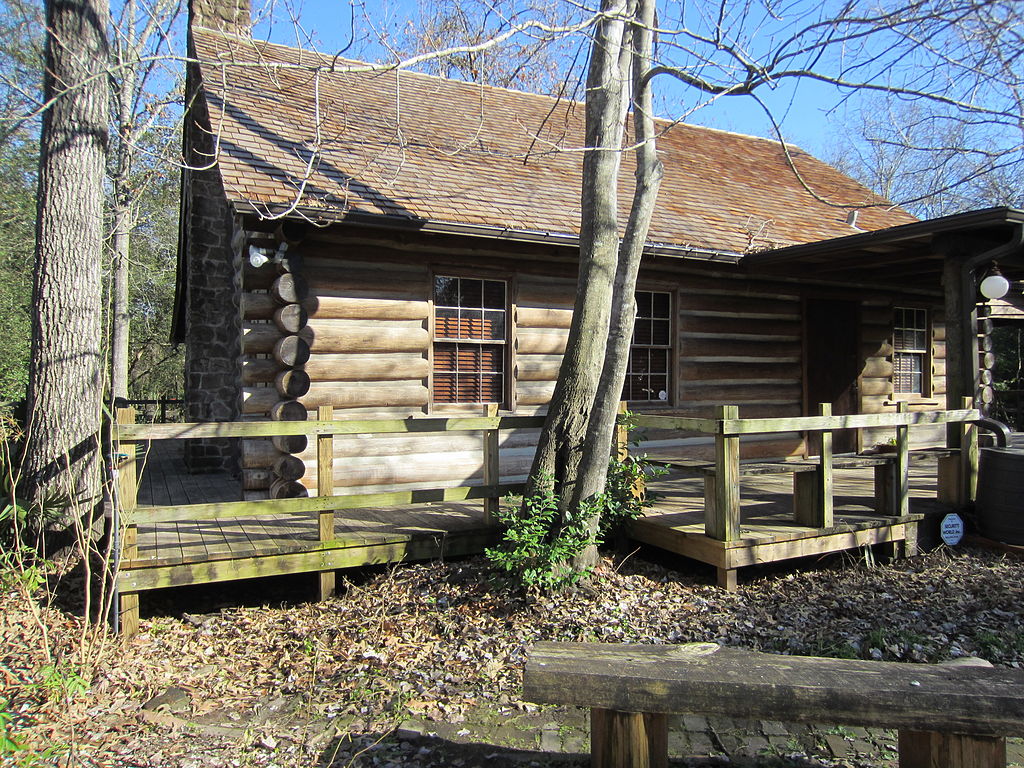 Another Believer, CC BY-SA 3.0, Wikimedia Commons
Another Believer, CC BY-SA 3.0, Wikimedia Commons
Texas
Much like the other states on this list, Texas also offers tax breaks and financial incentive programs, such as The Renewable Energy Investment tax Credit, to those who install solar panels or wind turbines on their property.
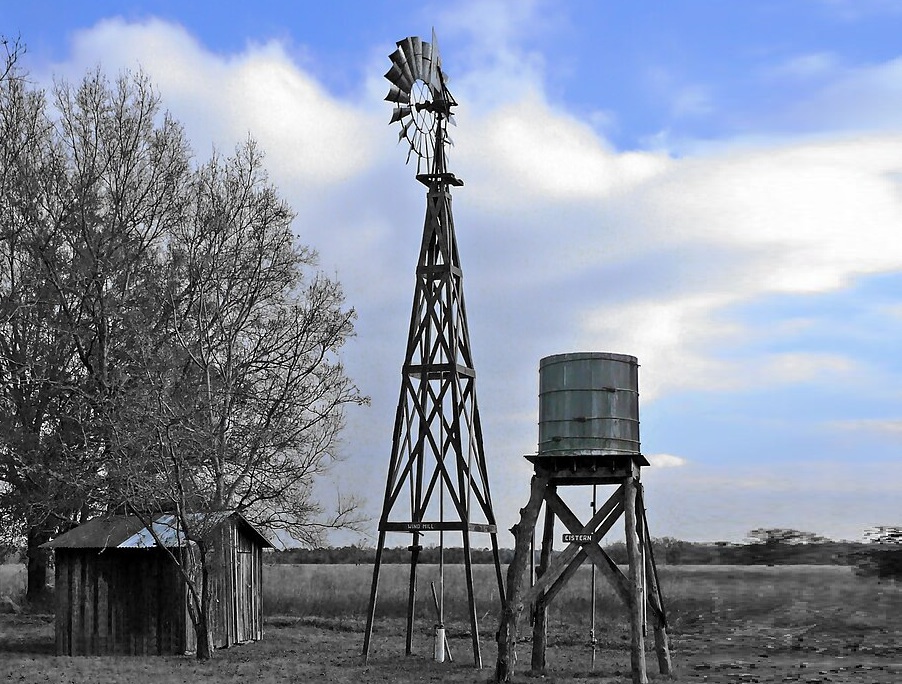 Jim Evans, CC BY-SA 4.0, Wikimedia Commons
Jim Evans, CC BY-SA 4.0, Wikimedia Commons
Louisiana
Louisiana’s climate makes it another excellent option for an off-grid lifestyle—especially for year-round outdoor living. The weather in the winter is fairly mild, and the rest of the year offers ample sunshine and warmth for crop cultivation.
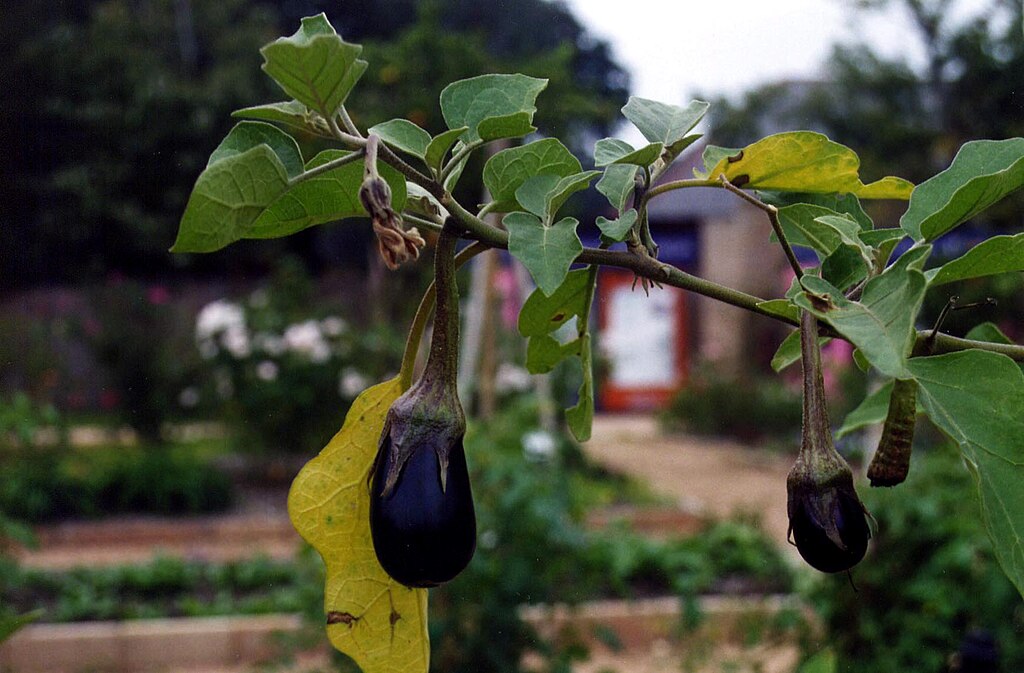 Genista, CC BY-SA 2.0, Wikimedia Commons
Genista, CC BY-SA 2.0, Wikimedia Commons
Louisiana
Louisiana also boasts a diverse landscape, with swamps, bayous, lakes, and rivers, as well as forests, fields, and beaches—making it an excellent place for gathering natural resources.
It also has a relatively low cost of living, with lower property taxes and cheaper land compared to other states.
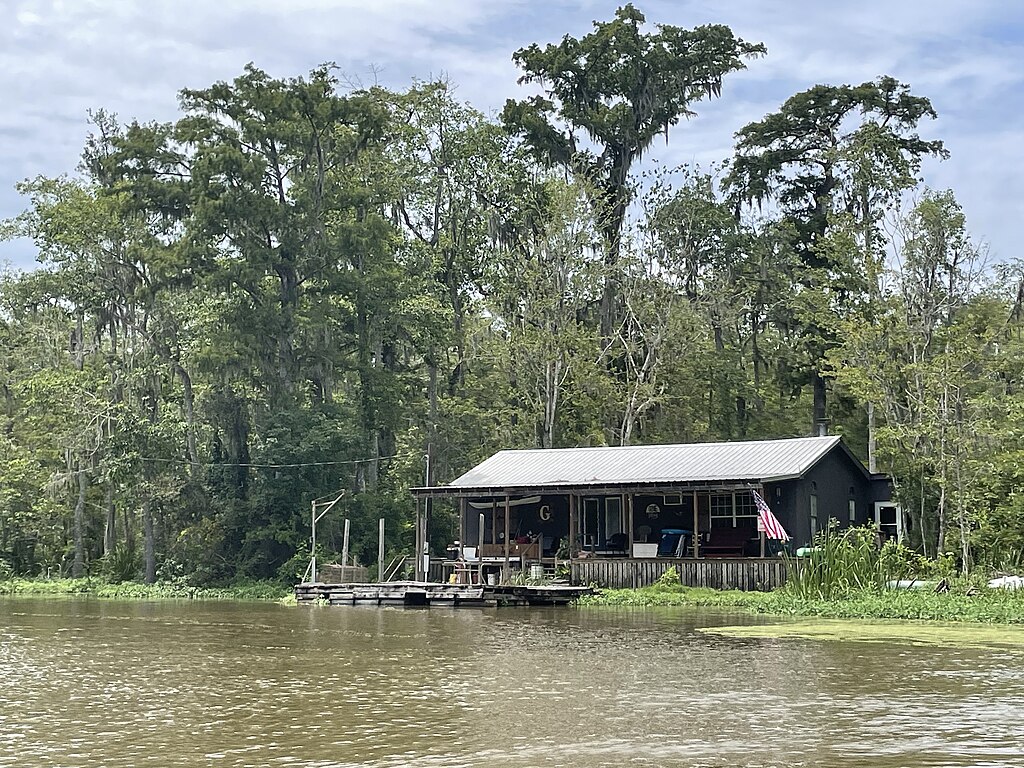 Daniel Lobo, Wikimedia Commons
Daniel Lobo, Wikimedia Commons
Louisiana
This state also encourages residents to disconnect from the grid, making it so much easier to live entirely off-grid legally. Louisiana is also 10th in the country for renewable energy production. Solar panels and wind turbines are not just encouraged, they’re widely available.
In fact, there are already a number of off-grid communities thriving in Louisiana.
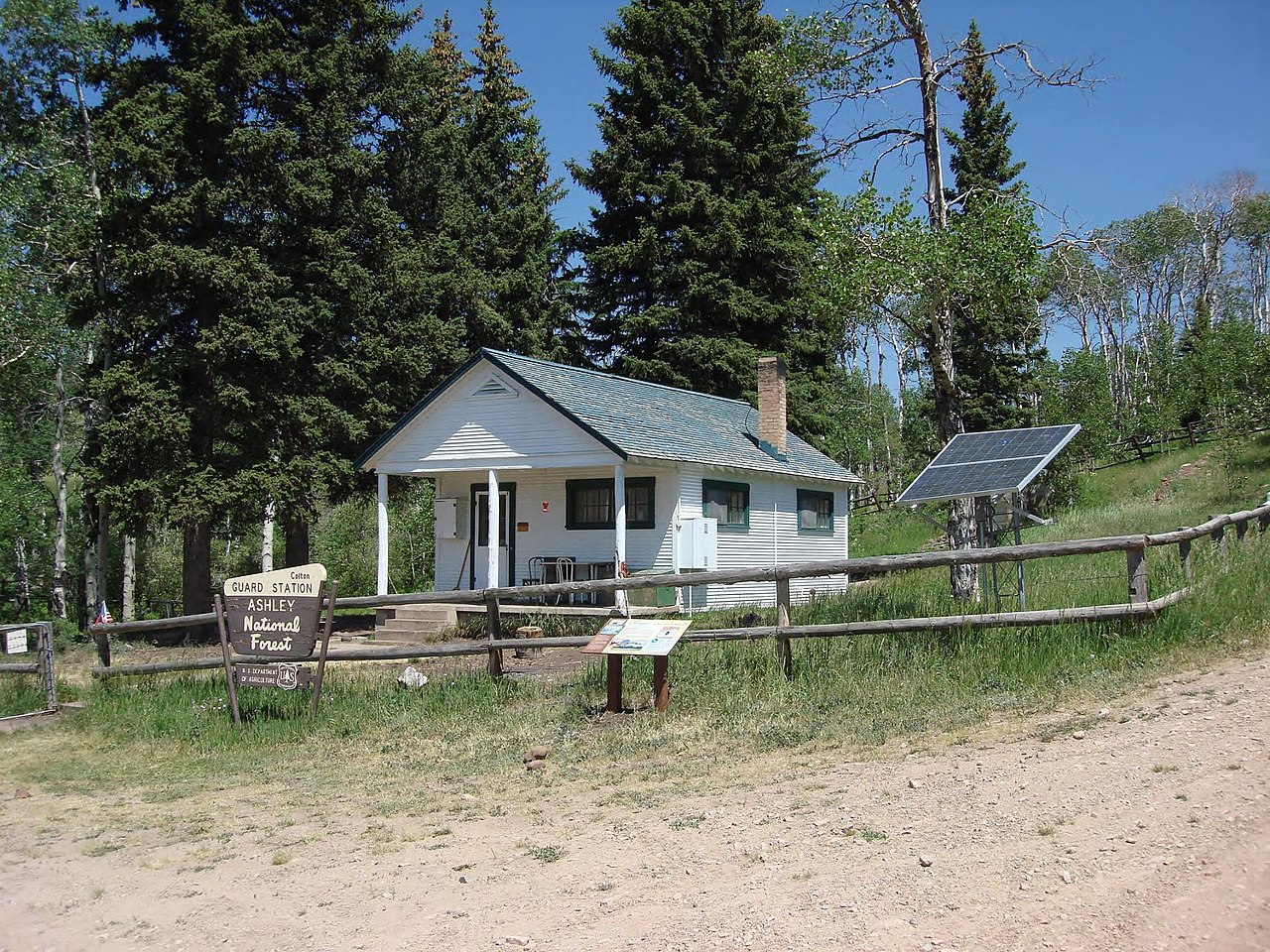
Indiana
Indiana has a surprising number of benefits for off-grid living. The state’s diverse landscape offers a variety of options, ranging from farmland to forests and even hillside regions.
These regions are abundant in natural resources, and the mild temperatures make it easy to cultivate crops and raise livestock.
But there’s one other thing in Indiana that sets it apart from other states on this list.
 Andre Carrotflower, CC BY-SA 4.0, Wikimedia Commons
Andre Carrotflower, CC BY-SA 4.0, Wikimedia Commons
Indiana
Indiana has a low population density, which means there’s ample space for off-grid living. Not only that, the state is known for its affordable land prices, too. Building codes are relatively lenient, and zoning laws are fairly generous.
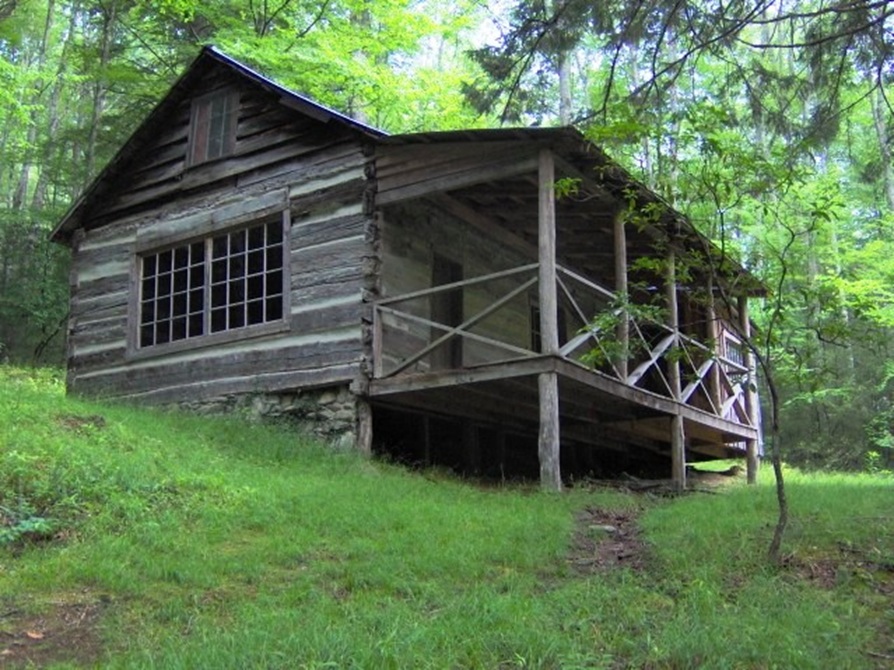 Brian Stansberry, CC BY-SA 3.0, Wikimedia Commons
Brian Stansberry, CC BY-SA 3.0, Wikimedia Commons
Indiana
Indiana is already home to several off-grid, intentional communities and ecovillages. These communities offer a supportive network, and often share resources such as land, tools, and knowledge.
The lenient laws and enthusiastic residents make it easier to build alternative building structures, such as straw bale homes or Earthship dwellings.
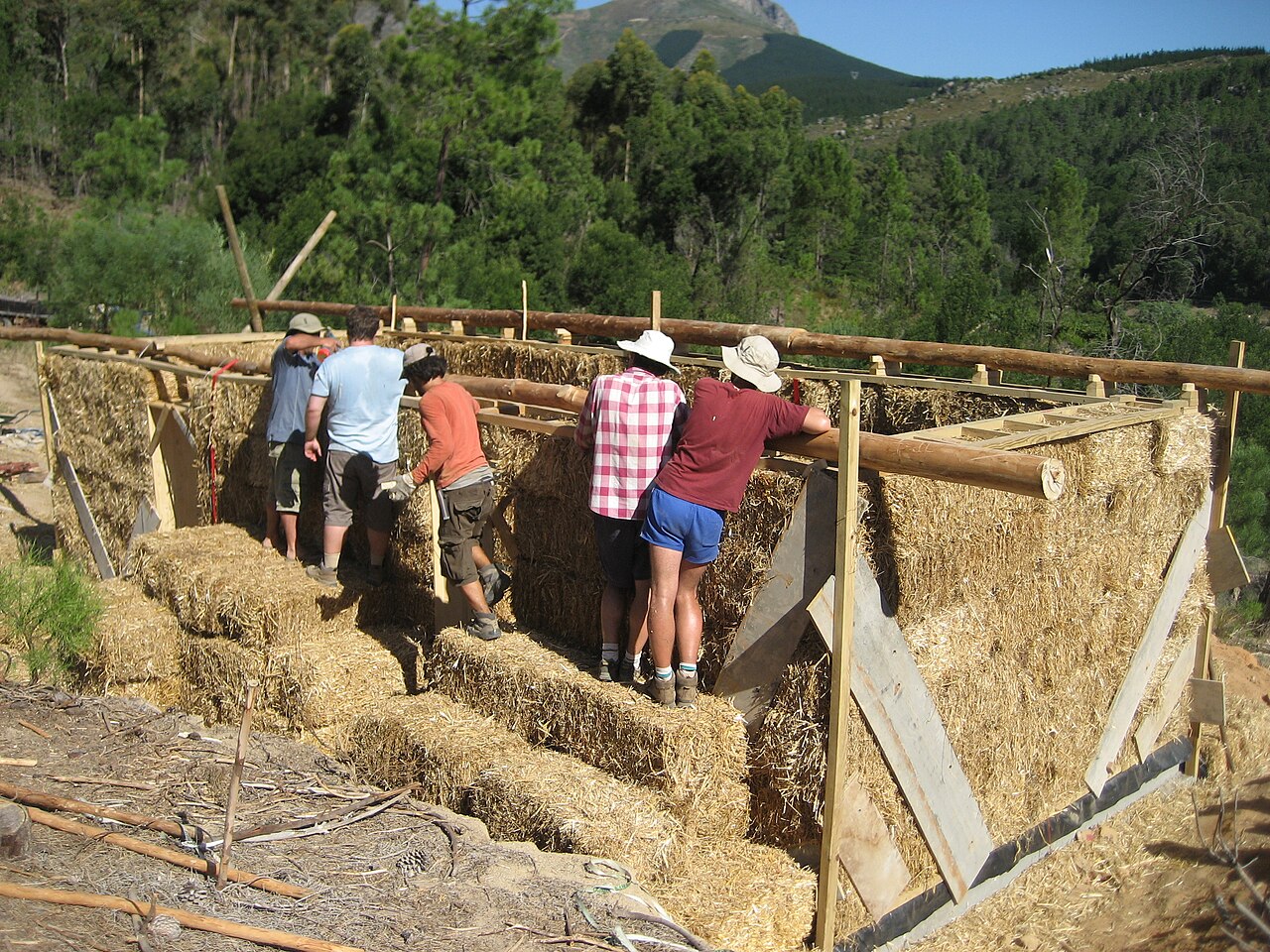 philipp, CC BY 2.0, Wikimedia Commons
philipp, CC BY 2.0, Wikimedia Commons
Hawaii
If you’re looking for a more tropical off-grid homeland, Hawaii might just be the state for you. The warm, sunny climate obviously makes solar power much easier, but the state’s tropical rainforest also offers an array of off-grid benefits.
From freshwater rivers to extremely fertile land, the jungles of Hawaii make a lush spot for disconnecting from the grid.
 Forest & Kim Starr, CC BY 3.0 US, Wikimedia Commons
Forest & Kim Starr, CC BY 3.0 US, Wikimedia Commons
Hawaii
The remoteness of Hawaii is also a benefit to off-grid living, as wildlife is more abundant in less populated areas, making hunting, fishing, and trapping much easier.
There are also a large number of edible fruits and plants provided for free by the jungle itself.
Hawaii
Hawaii may present a few hurdles, in terms of building codes and a higher cost of living. However, the state has a strong focus on sustainability and self-sufficiency—there are several communities who practice permaculture and sustainable agriculture already.
There are also tax incentives for using renewable energy sources.
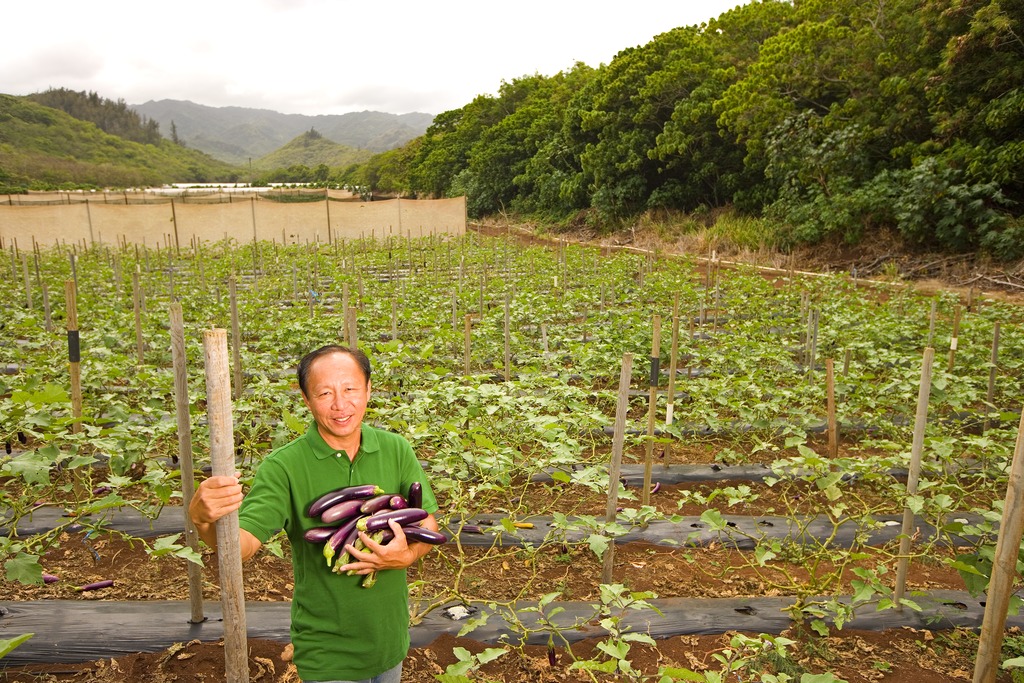 Scott Bauer , Wikimedia Commons
Scott Bauer , Wikimedia Commons
Colorado
Colorado is another state that offers many benefits to those looking to live off-grid. With 300 sunny days per year, it’s an excellent location for solar power. The weather is also ideal for crop cultivation, and animal husbandry.
Colorado
Colorado’s vast natural landscapes are not only beautiful, they’re abundant with wildlife and plant life, making traditional hunting and gathering quite easy. Just be mindful of water resources, as the climate is relatively dry.
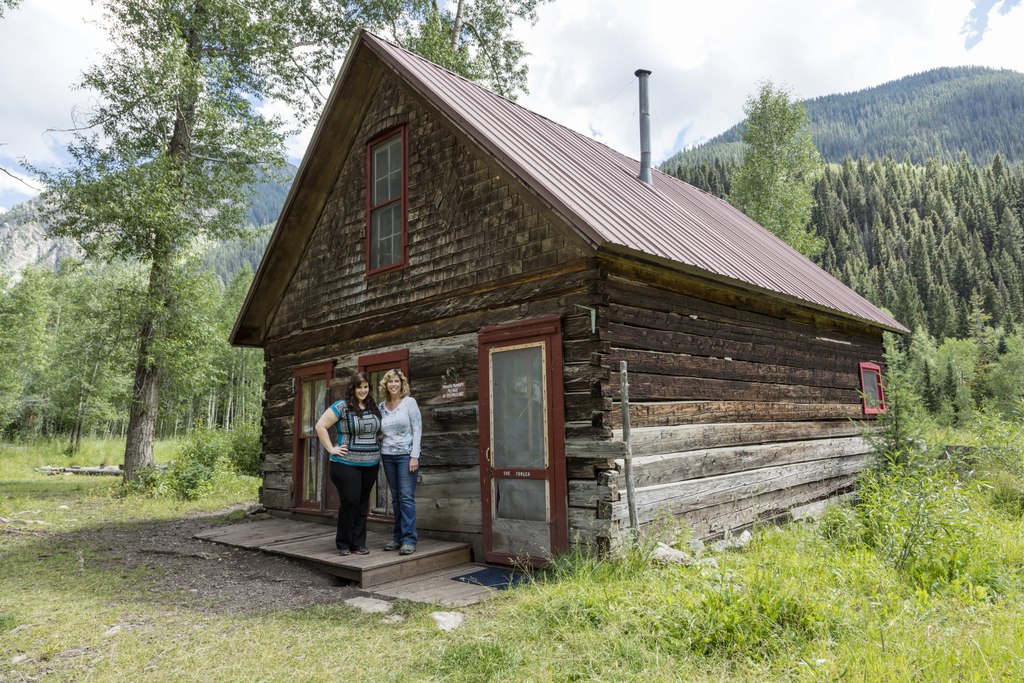 Carol M. Highsmith, Wikimedia Commons
Carol M. Highsmith, Wikimedia Commons
Colorado
The state of Colorado has a strong focus on environmental sustainability as there are many initiatives and programs in place to promote renewable energy usage. There are already a number of growing intentional communities and ecovillages living off-grid in Colorado.
Arkansas
Arkansas is one of the more affordable states for off-grid living. Aside from plentiful natural resources—including fertile land and an abundance of water resources—Arkansas also has prime land for off-grid living.
Land prices are affordable, and there’s a lack of zoning restrictions, making it an off-grid haven.
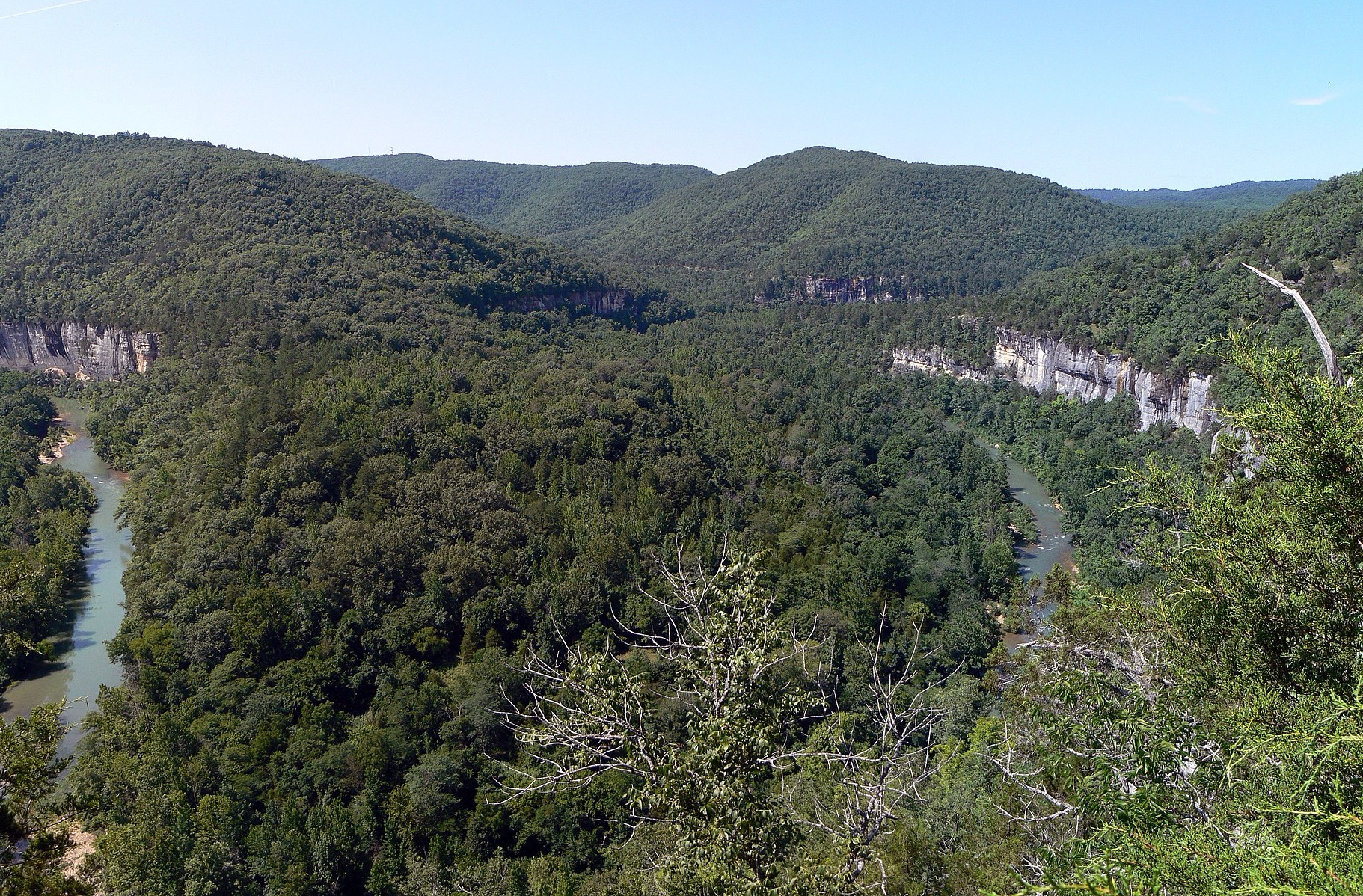 Jasari, CC BY-SA 3.0, Wikimedia Commons
Jasari, CC BY-SA 3.0, Wikimedia Commons
Arkansas
Arkansas’s climate is mild and humid, with ample rainfall—which is what makes it stand out for sustainable farming and homesteading. The mostly-sunny weather is perfect for solar energy, and the humidity is excellent for crop cultivation.
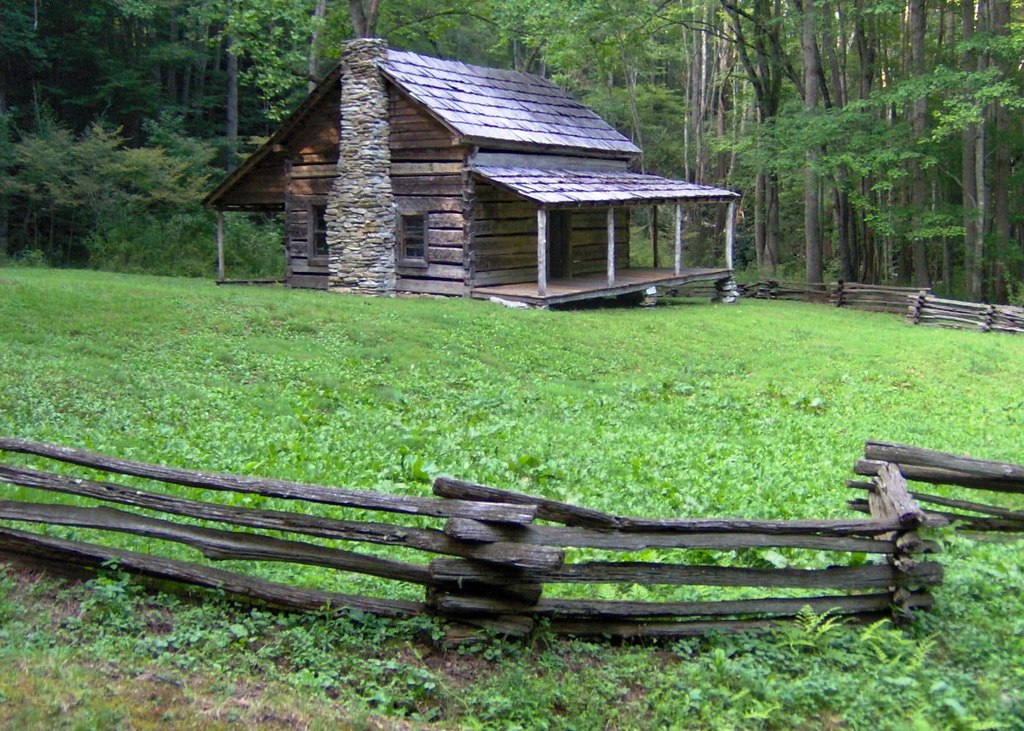 Brian Stansberry, CC BY 3.0 , Wikimedia Commons
Brian Stansberry, CC BY 3.0 , Wikimedia Commons
Arkansas
Much like the other states on this list, Arkansas also offers incentive programs supporting renewable energy usage. There are also many regulations in place that protect the rights of small-scale farmers and homesteaders—which is always good to have for land security reasons.
The 5 Worst States to Live off the Grid
Those were the top 10 best states to live off-grid. But what about the worst? Believe it or not, there are some states in the US that make off-grid living rather difficult. For some, it’s mostly climate related, but for others—there’s a whole slew of obstacles that would make it far more trouble than it's worth.
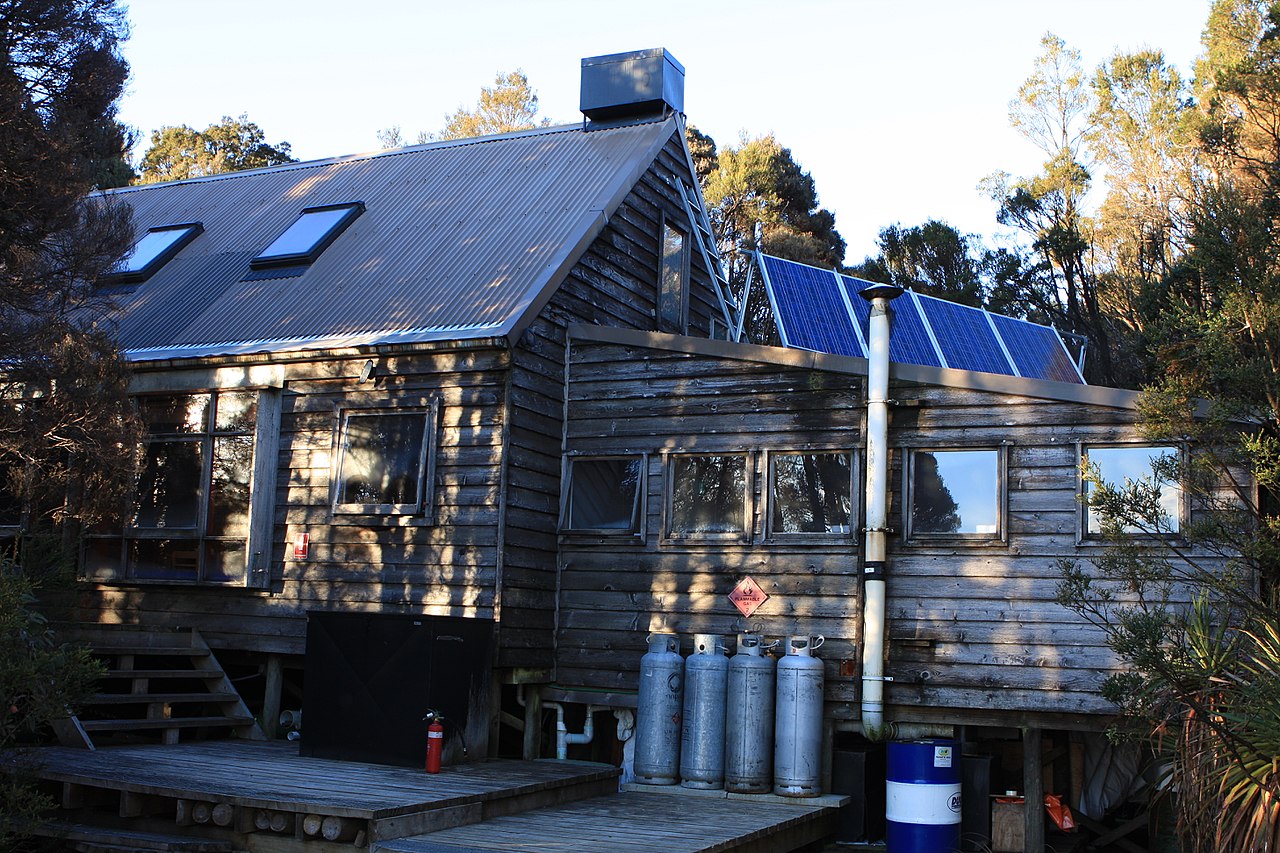 Brian Stansberry, CC BY 3.0, Wikimedia Commons
Brian Stansberry, CC BY 3.0, Wikimedia Commons
Florida
Florida may offer an abundance of sunshine, but the solar panels will cost you a pretty penny. The state is not exactly renewable energy-friendly. Solar panels can cost upwards of $20,000—and that’s just the beginning.
Florida
Florida also has strict zoning laws that actually prohibit off-grid living in many areas. Not to mention, the humidity levels and frequent hurricanes would make it rather challenging to set up a secure homestead. Since 1851, Florida has been hit by at least 120 hurricanes.
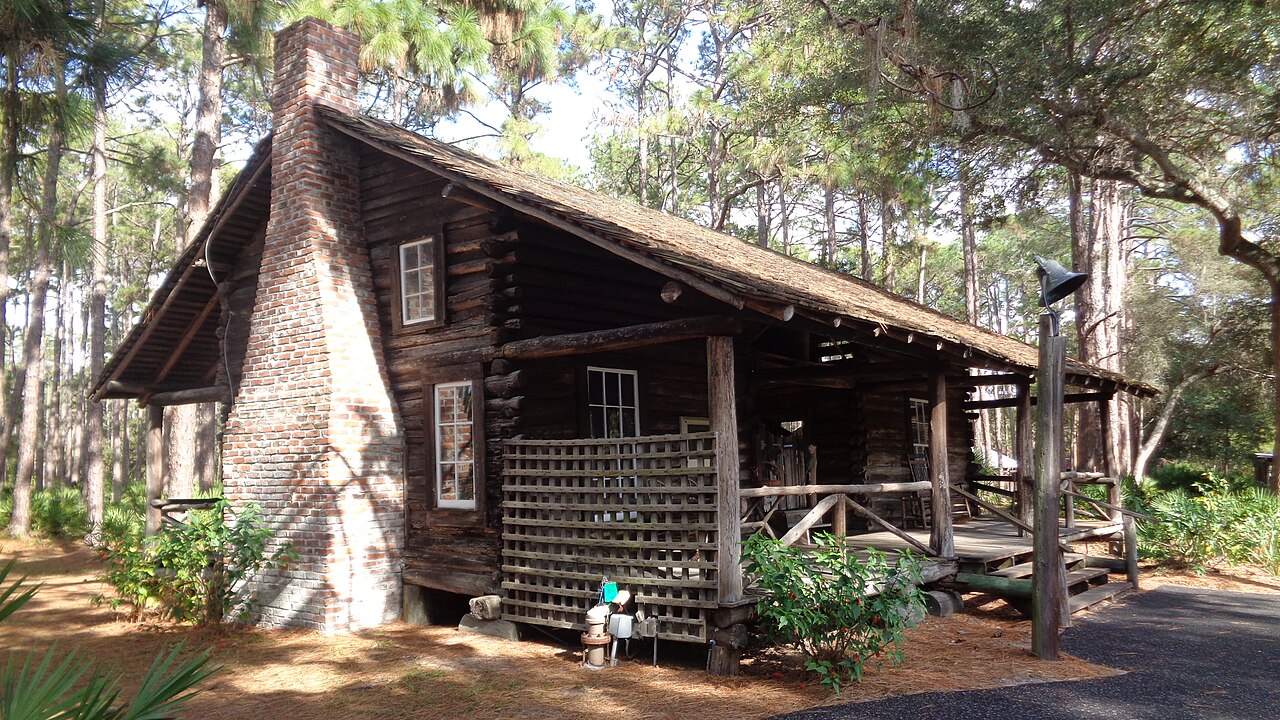 Jackdude101, CC BY-SA 4.0, Wikimedia Commons
Jackdude101, CC BY-SA 4.0, Wikimedia Commons
Illinois
Illinois ranks low on the list, too, largely due to its challenging weather conditions—and high property taxes. The state experiences a wide range of temperature extremes, from scorching summers to icy winters.
And, as mentioned, Illinois happens to have some of the highest property taxes in the entire country!
 Gidonb, CC BY 3.0 , Wikimedia Commons
Gidonb, CC BY 3.0 , Wikimedia Commons
Maryland
Maryland may be beautiful, but the state has strict building codes and regulations. And, much like Florida, natural disasters are often a risk, including hurricanes, tornadoes, and floods.
Not only that, the state has a rather high cost of living.
California
California may surprise you to be on this end of the list, considering the state has a strong focus on environmental conservation and renewable energy usage. But, much like Florida, it also has some of the highest costs for solar panels in the entire country.
California
Not only that, California has tight regulations, making it challenging to obtain building permits—especially for alternative building methods or off-grid homes. And the high population creates a higher demand for energy, also making it difficult to live self-sufficiently off-grid.
New York
As you may know, New York is known for its bustling city life and ridiculously high cost of living—both of which make it a difficult place to live off-grid. Not only that, the densely populated areas have strict zoning laws that actually prohibit off-grid living.
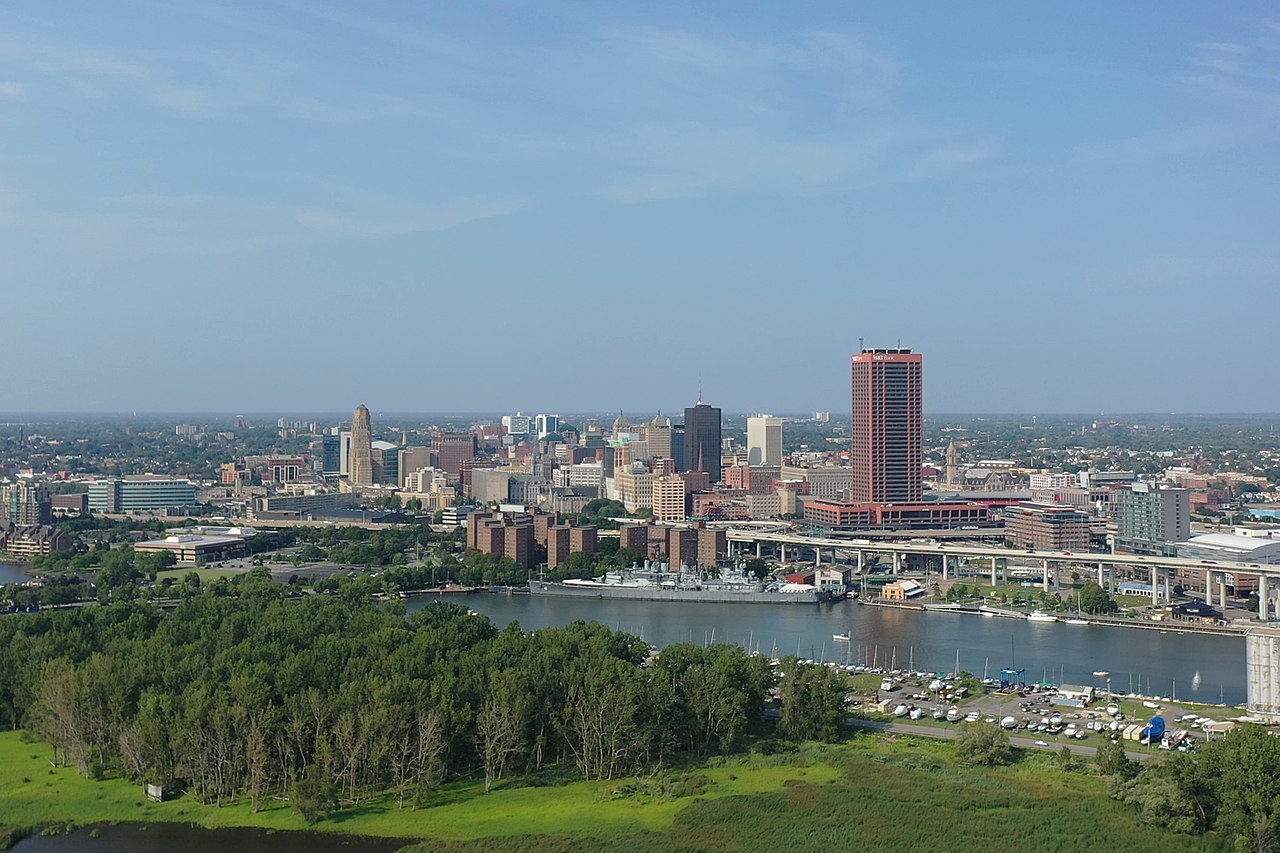 Dekema, CC BY-SA 4.0, Wikimedia Commons
Dekema, CC BY-SA 4.0, Wikimedia Commons
New York
Land is expensive, property taxes are expensive, and harsh winters make it challenging to live solely off solar energy.
With that being said, there are still some rural areas in upstate New York that offer better opportunities for off-grid living.
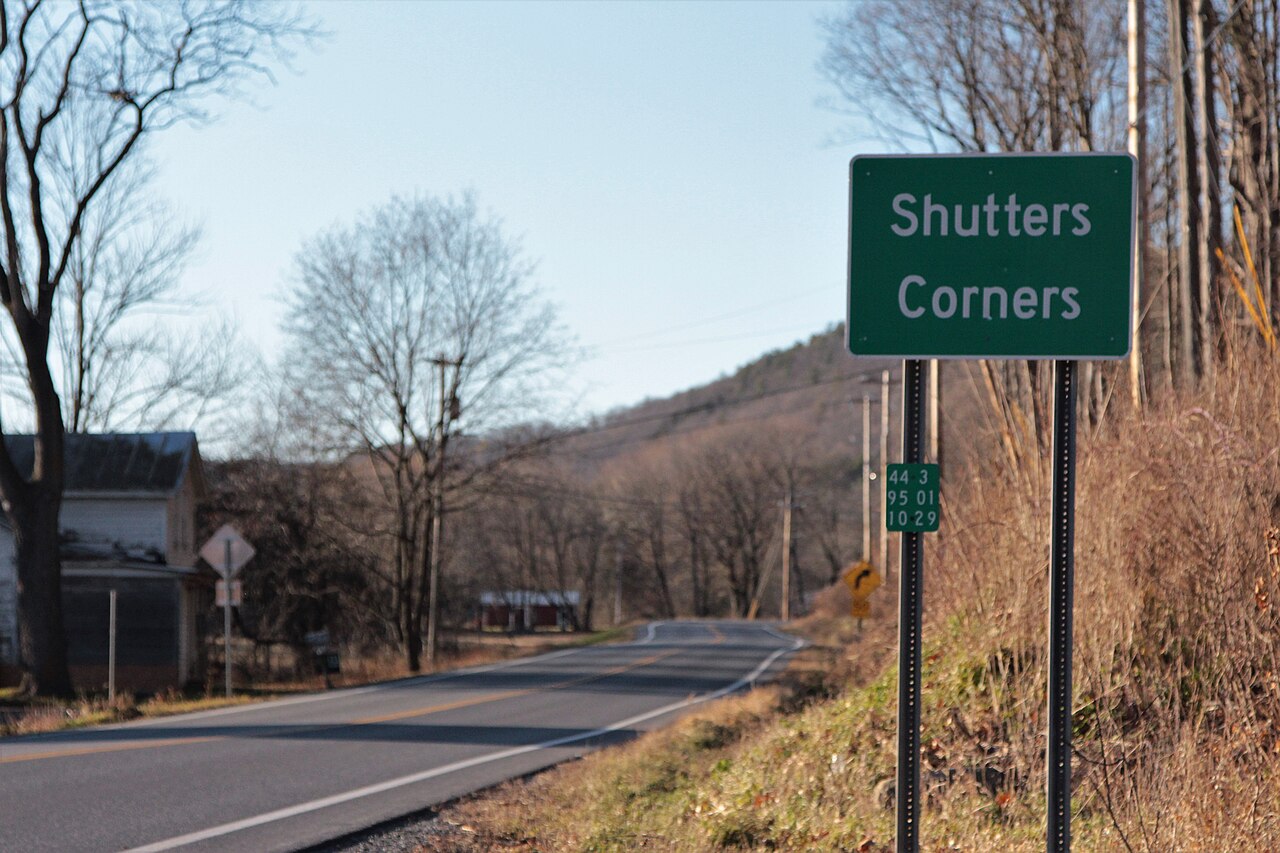 Tyler A. McNeil, CC BY 3.0, Wikimedia Commons
Tyler A. McNeil, CC BY 3.0, Wikimedia Commons
Living Off-Grid
Living off-grid has many benefits, and while it may take some careful planning, it’s not as difficult to achieve as you may think. Choosing the right location is one of the first steps.
You May Also Like:
8 Places You Can Live Off-Grid in America
Missouri's Bizarre Hippie Hideout
The Best And Worst States To Live In, According To Cost Of Living Data


